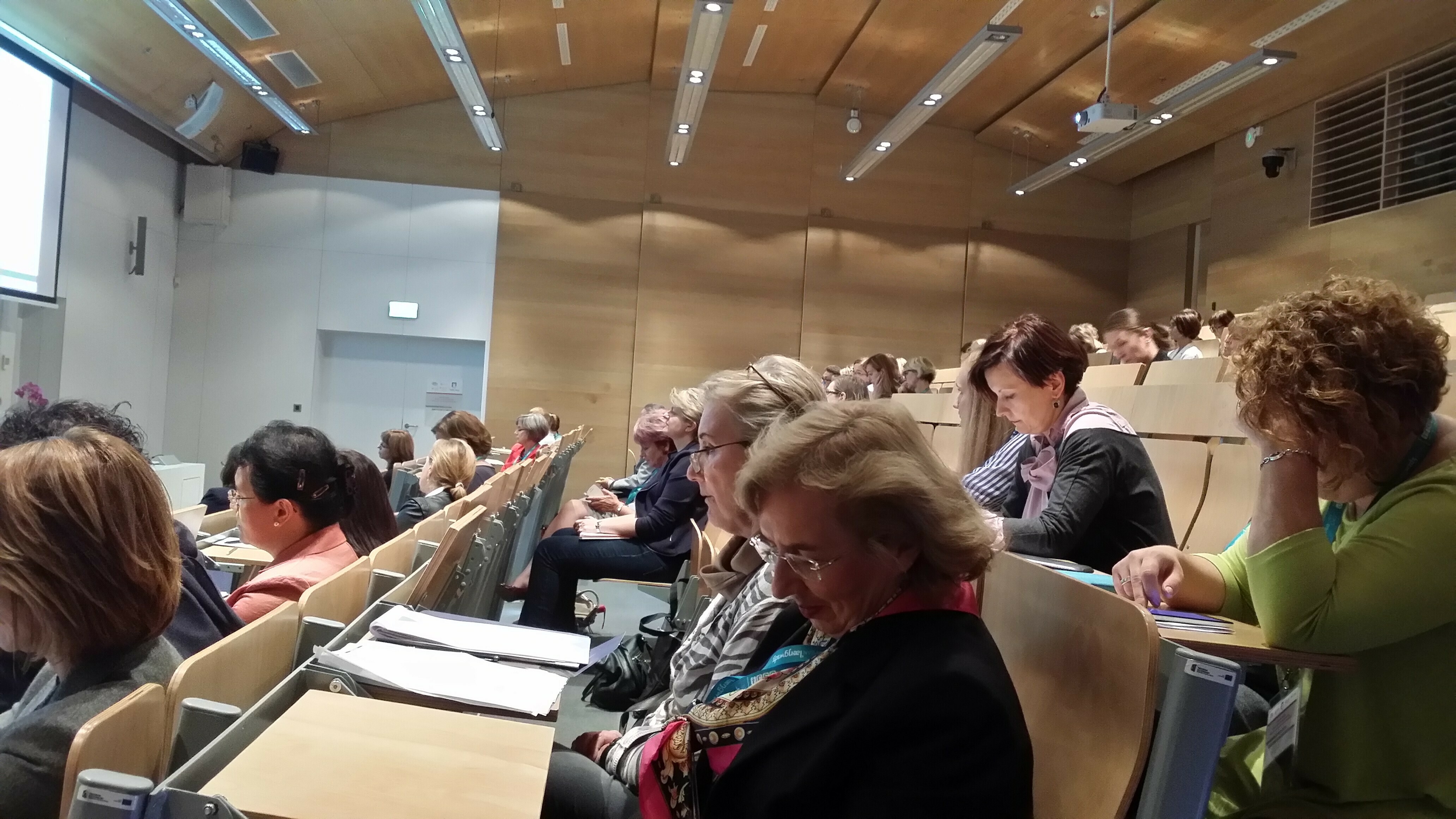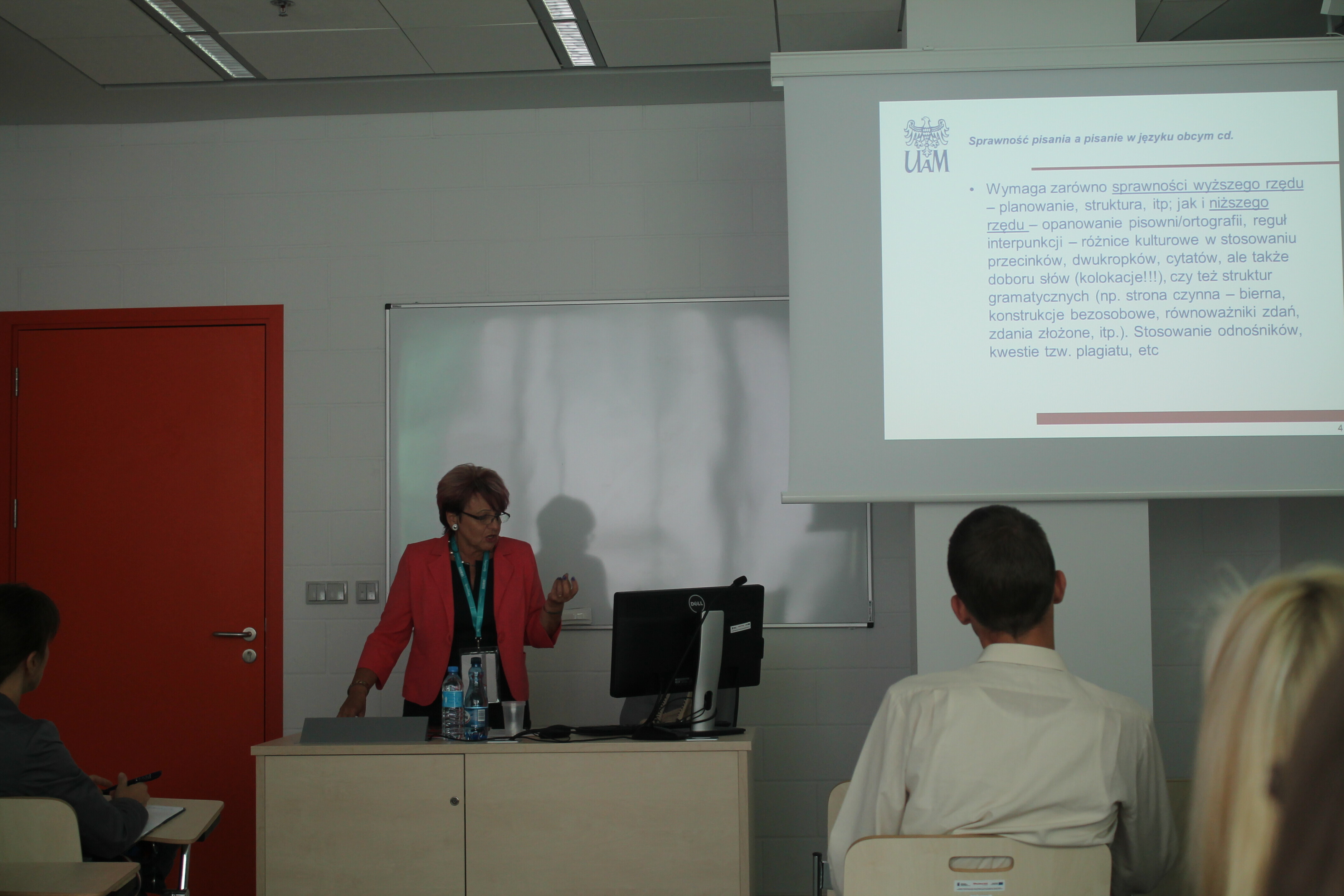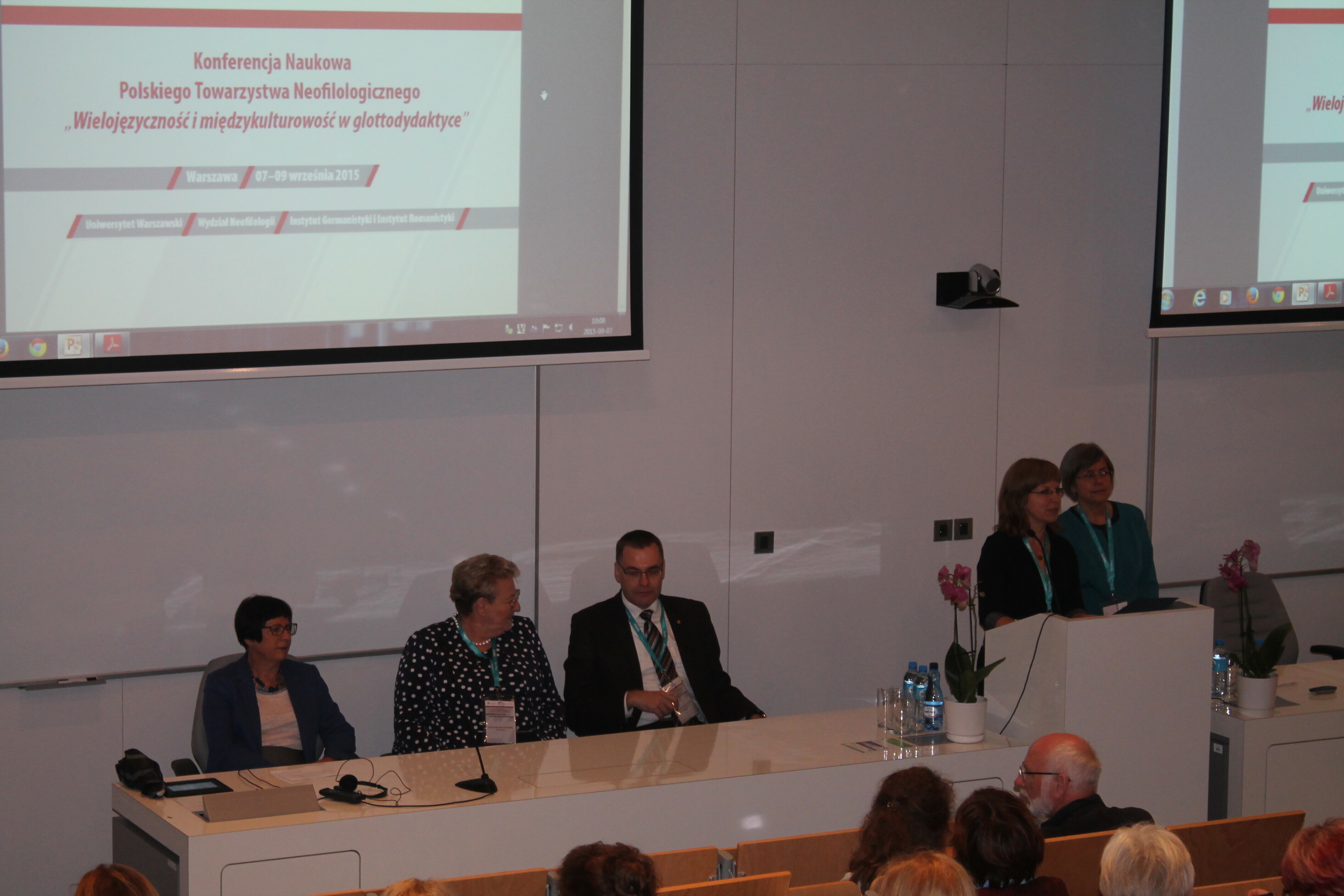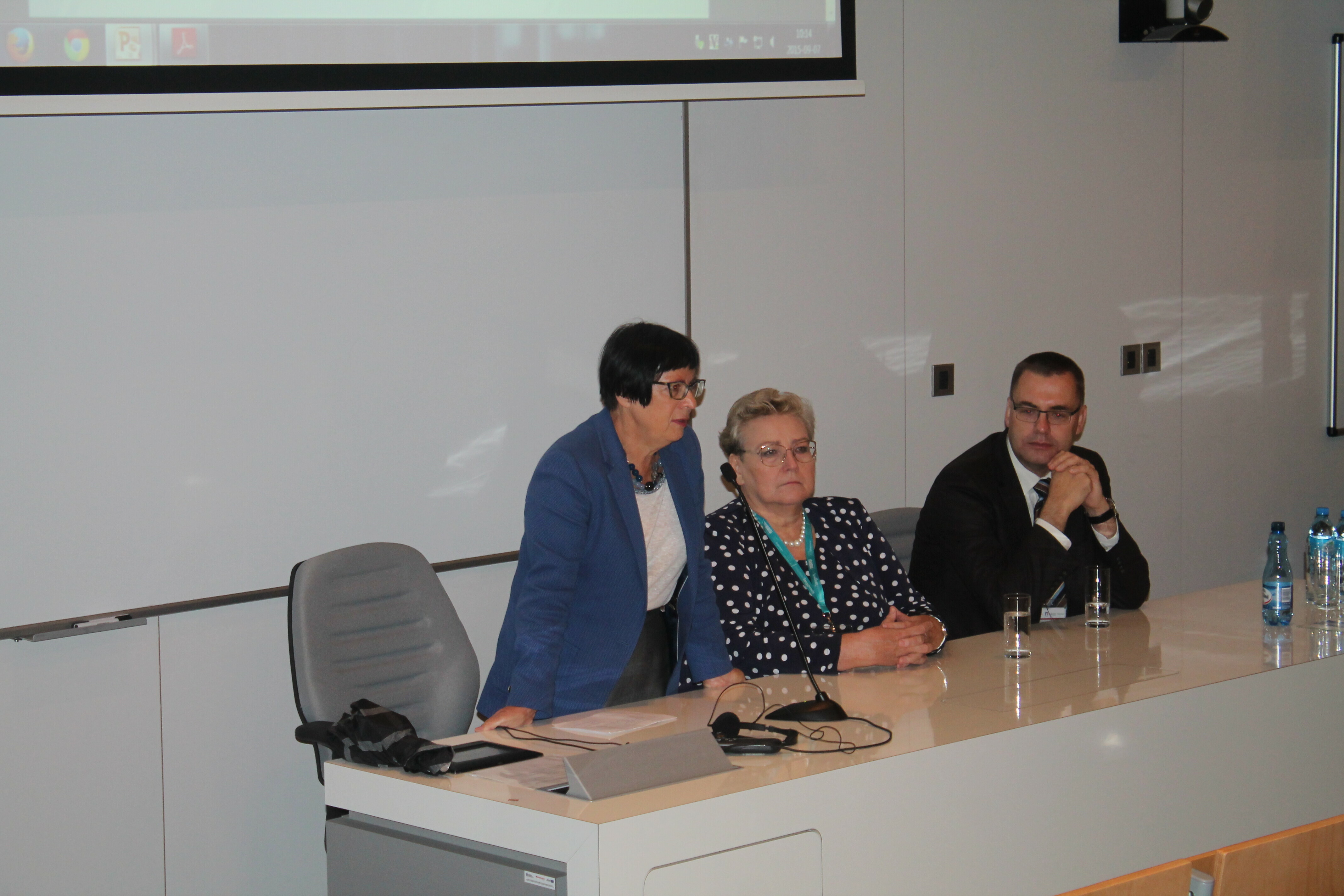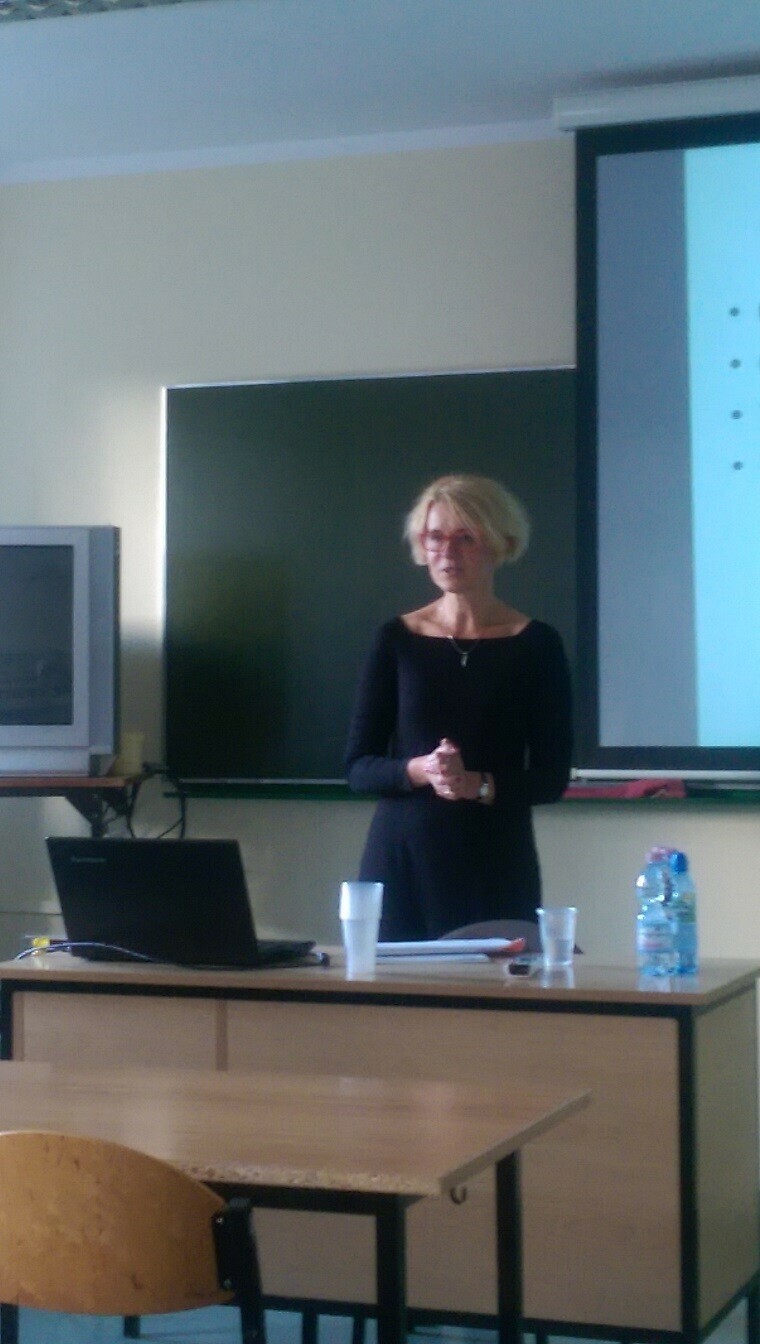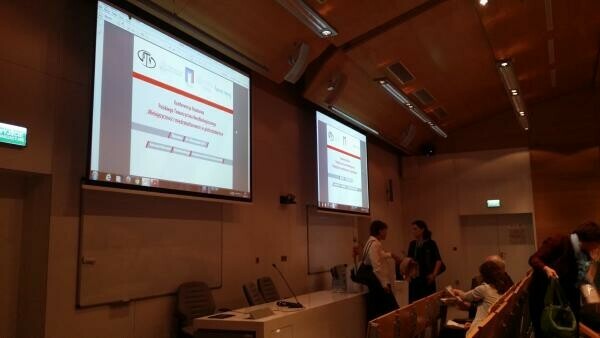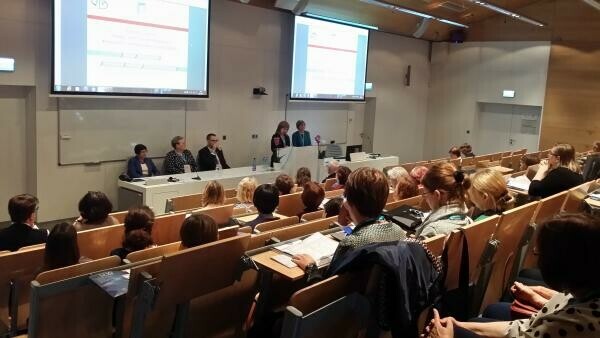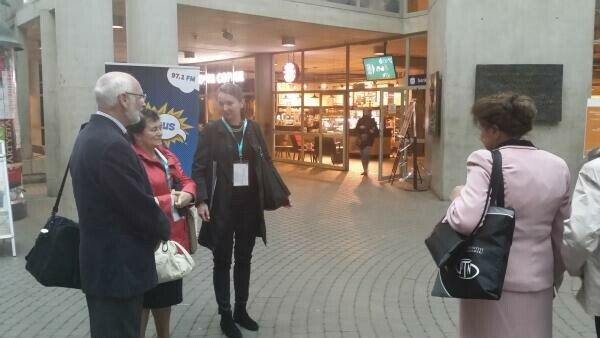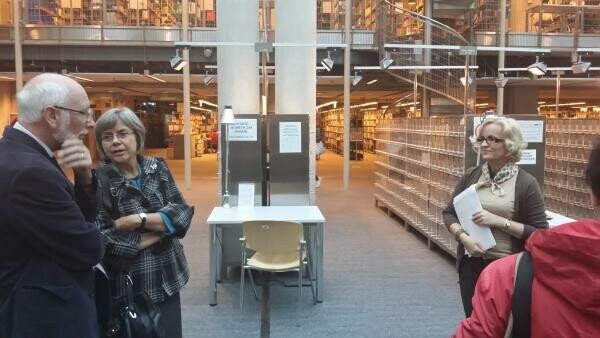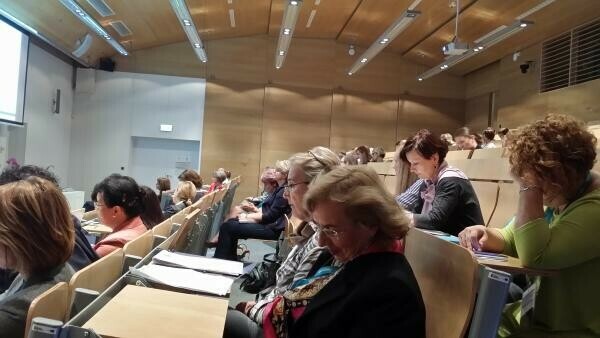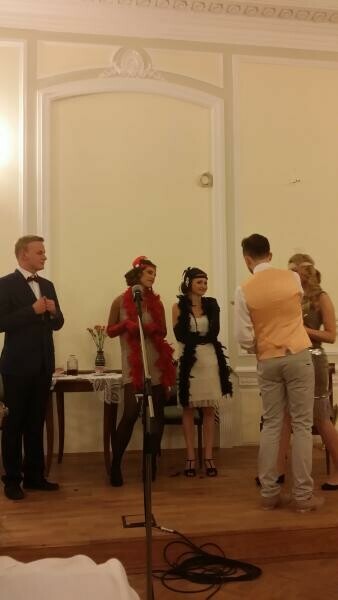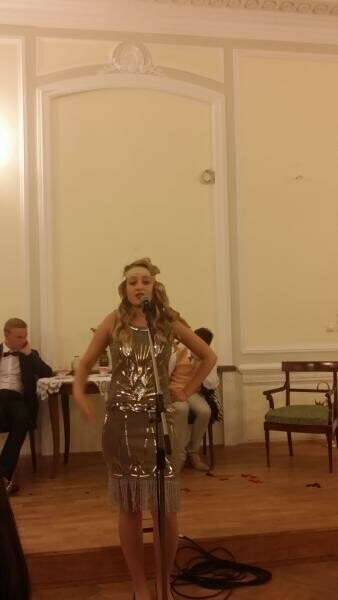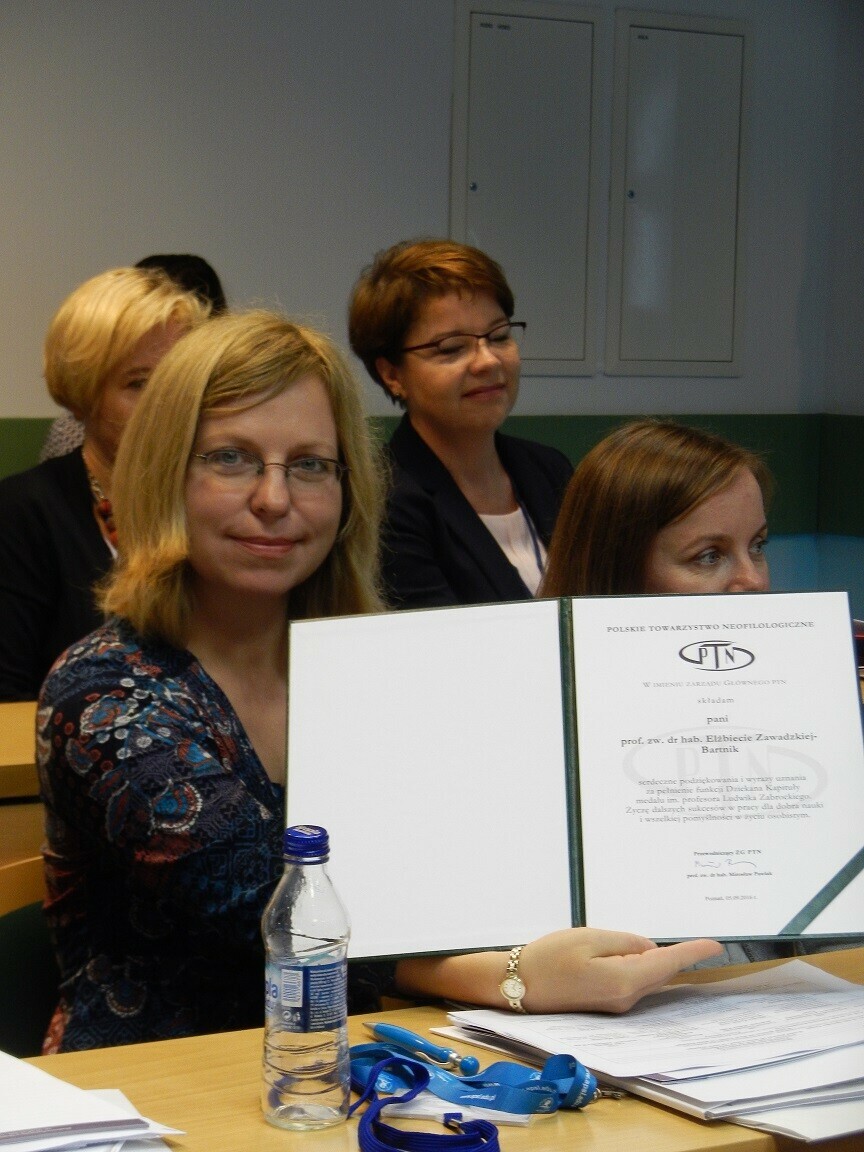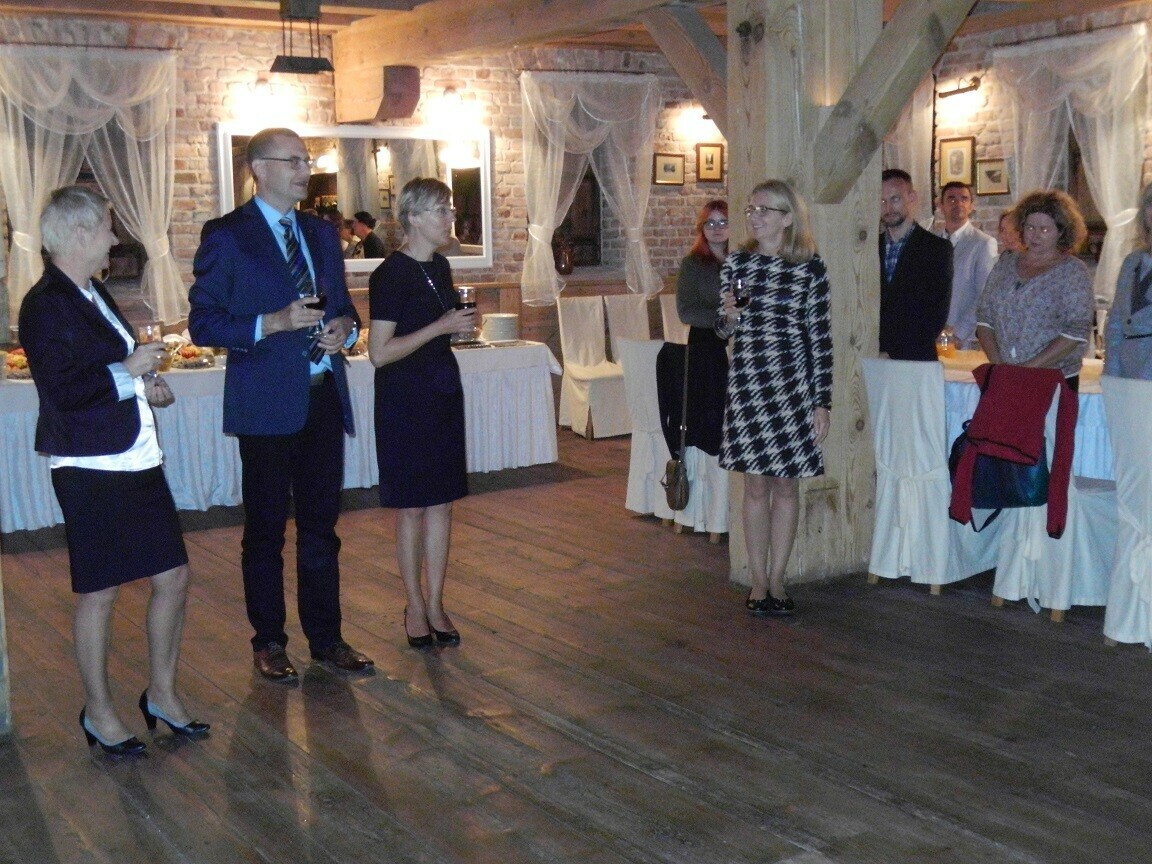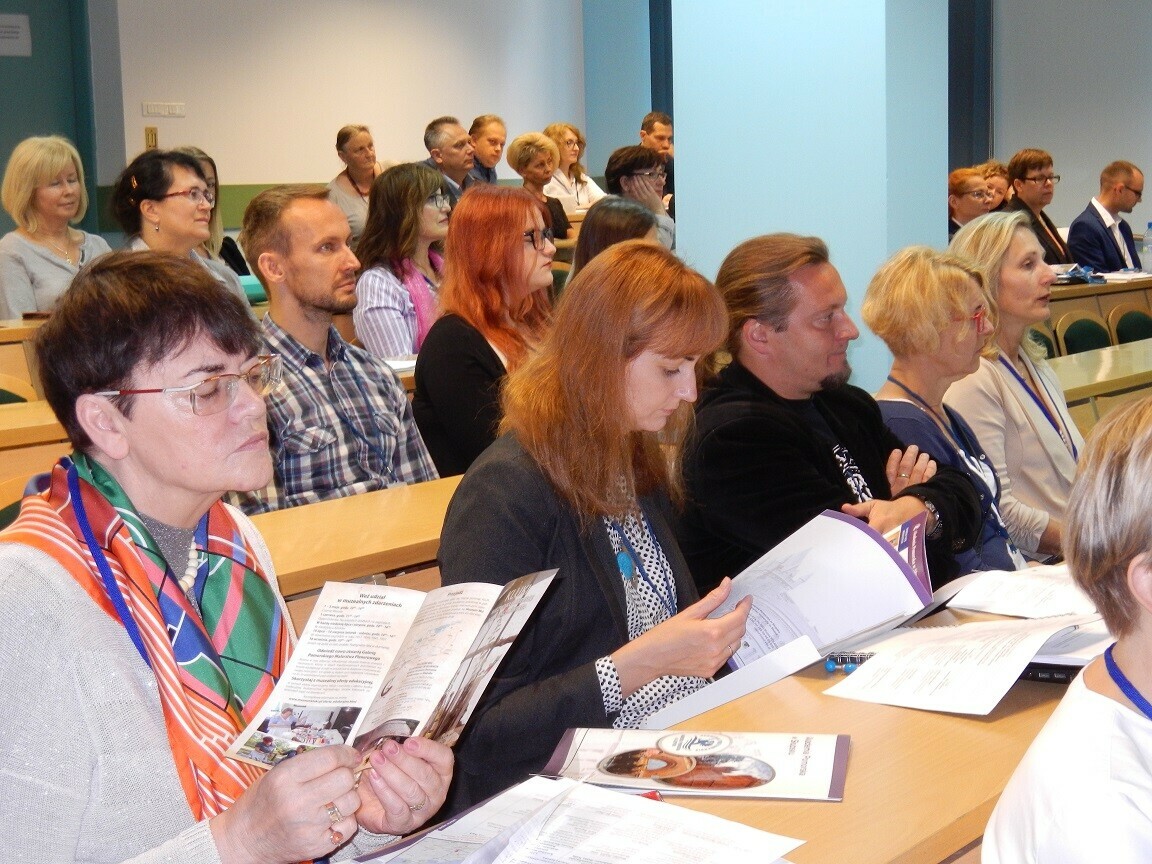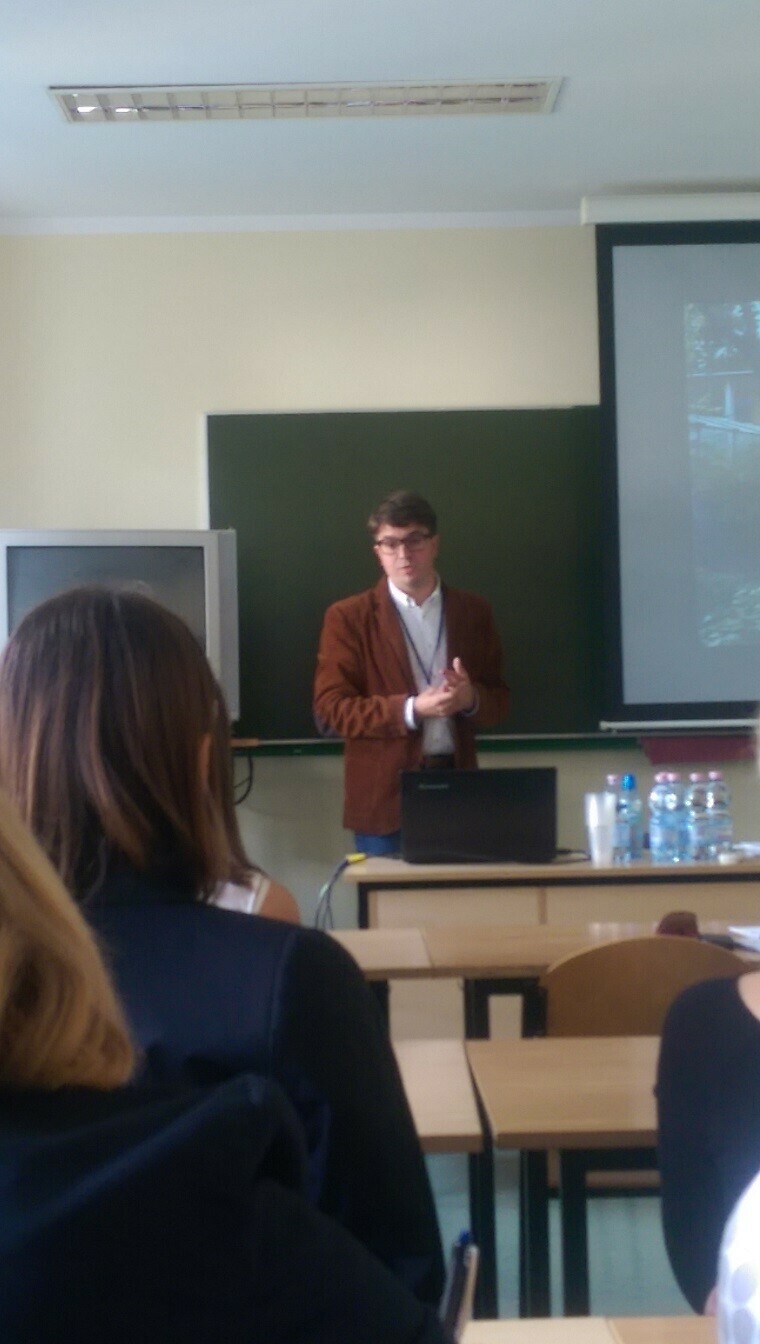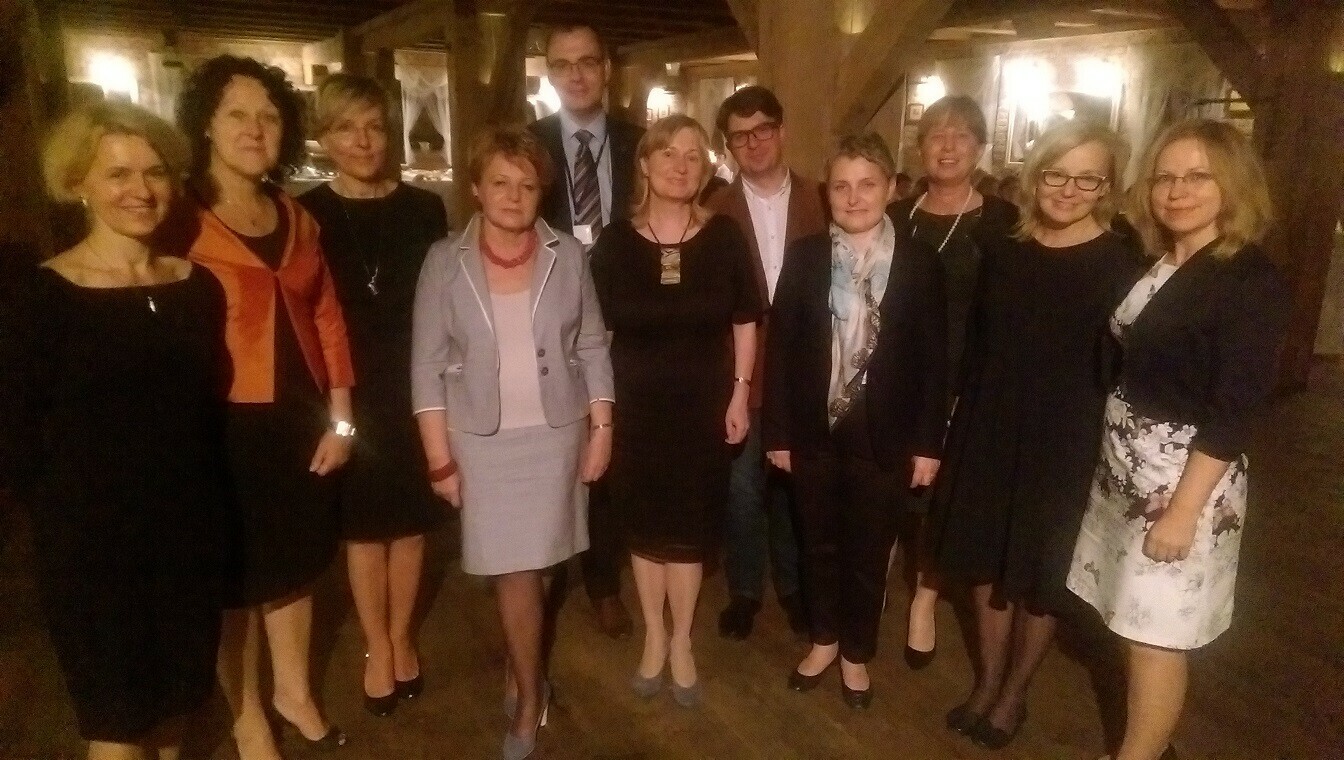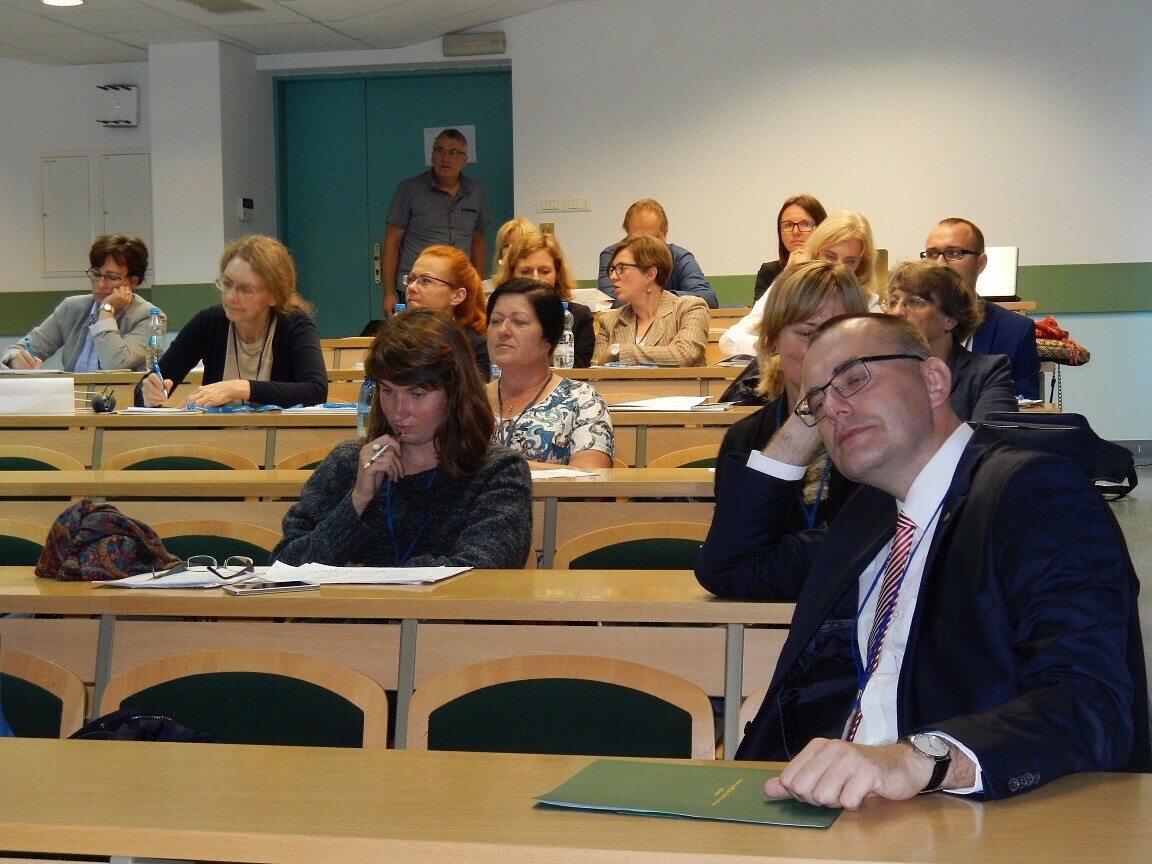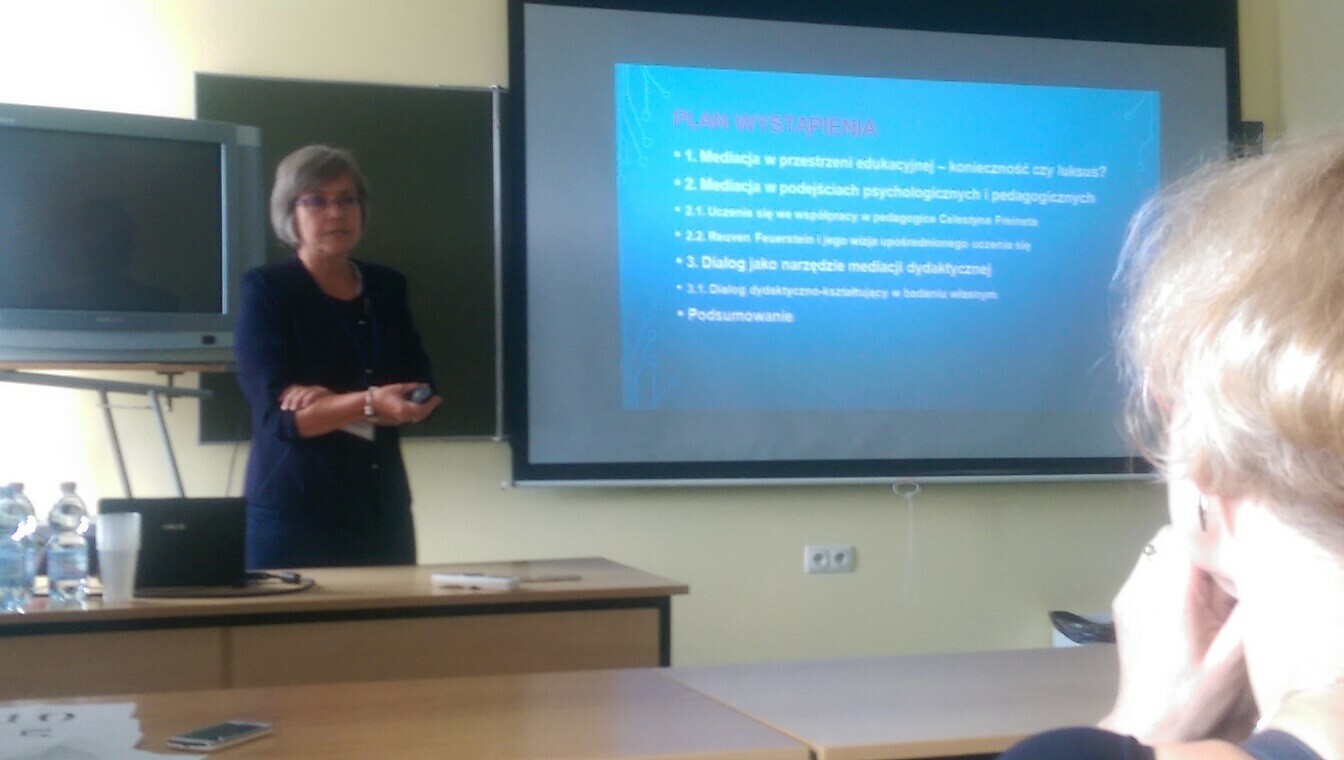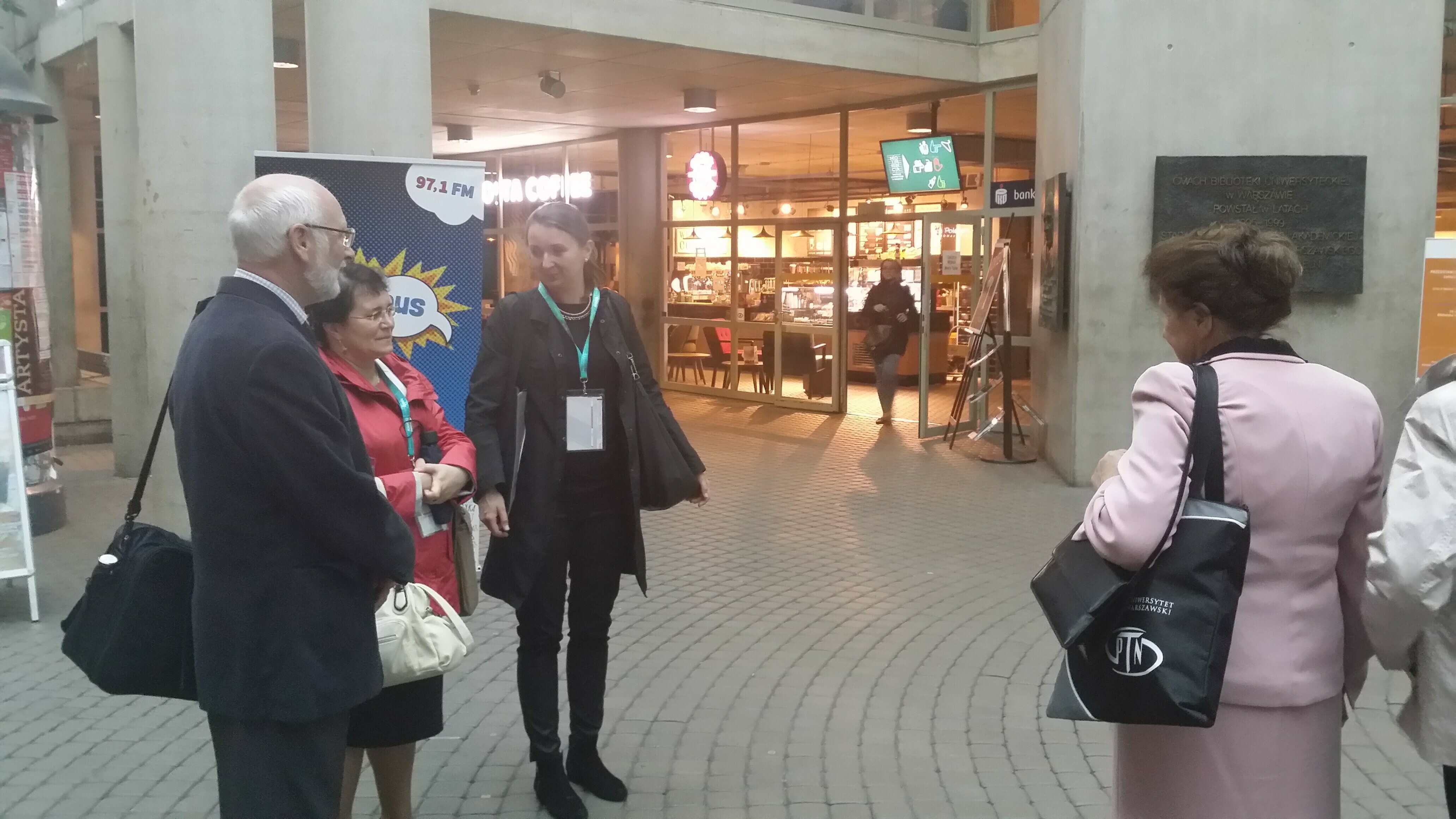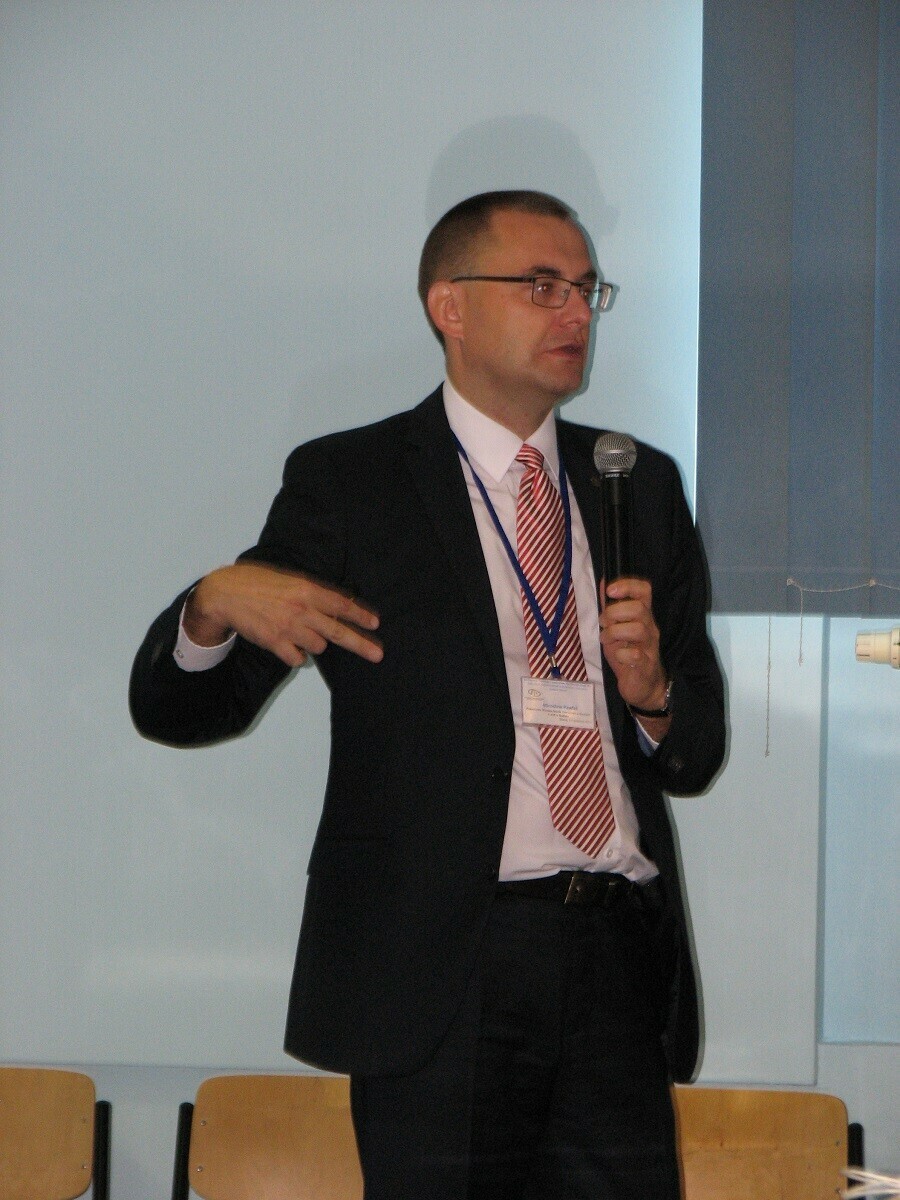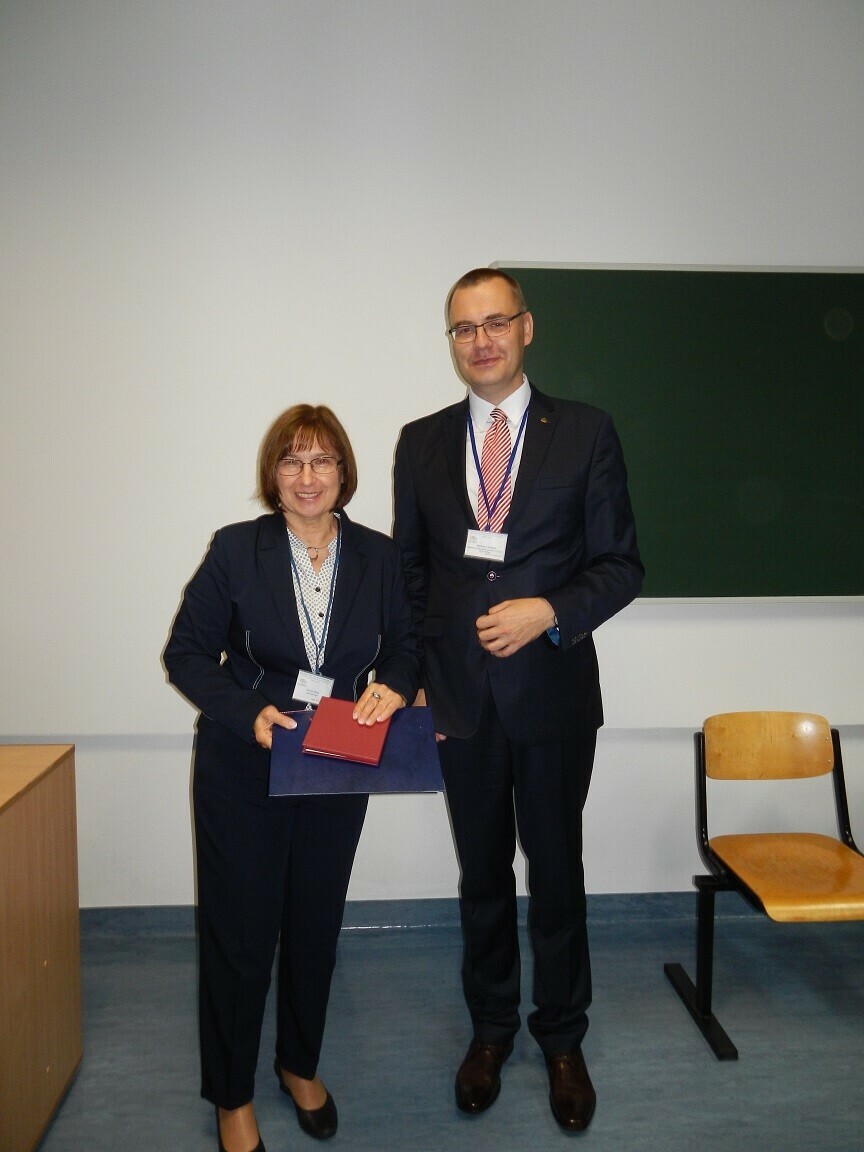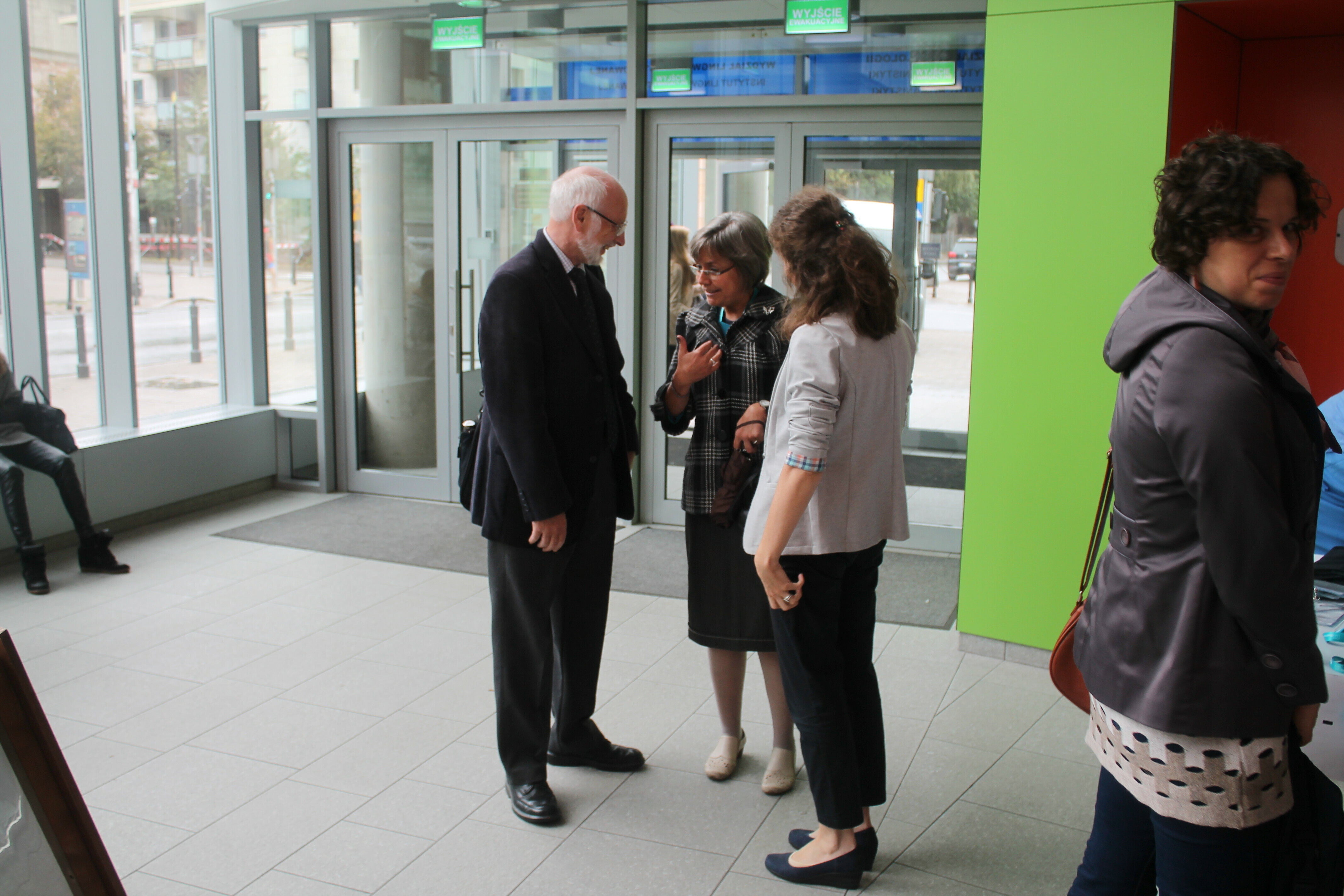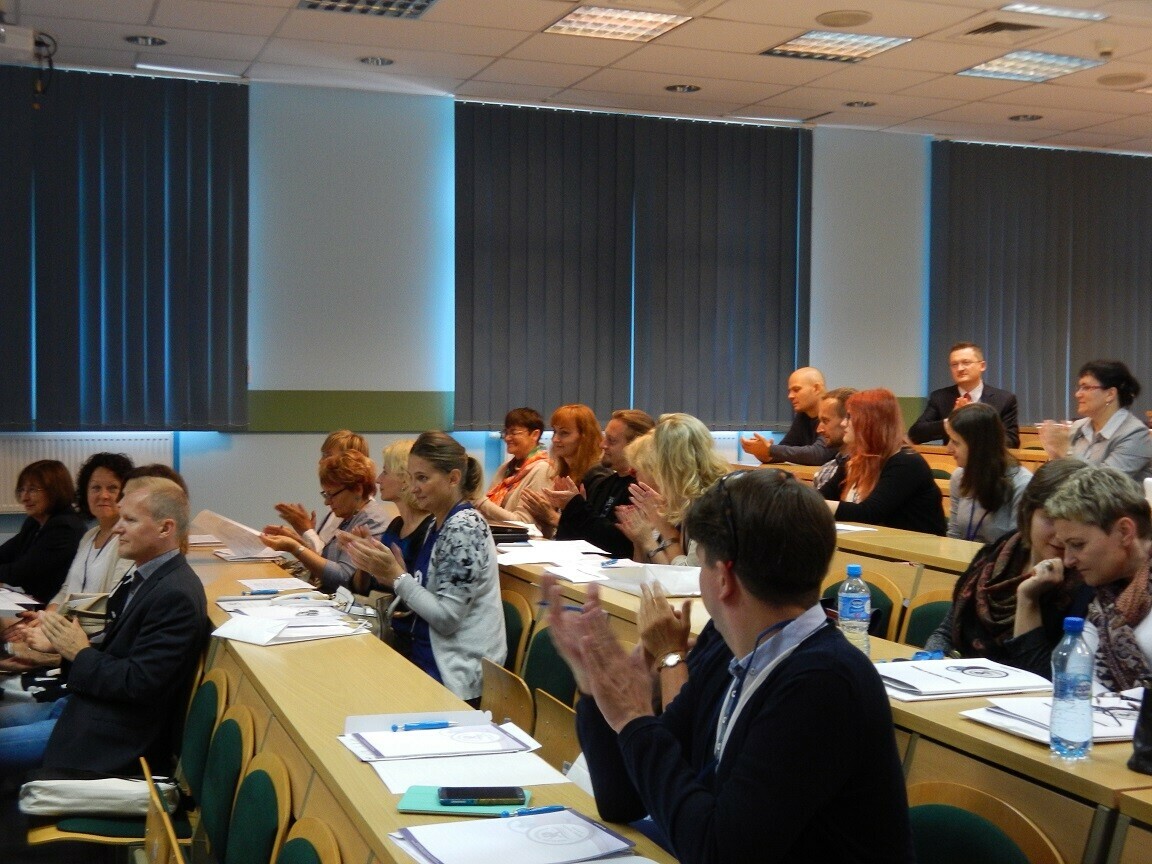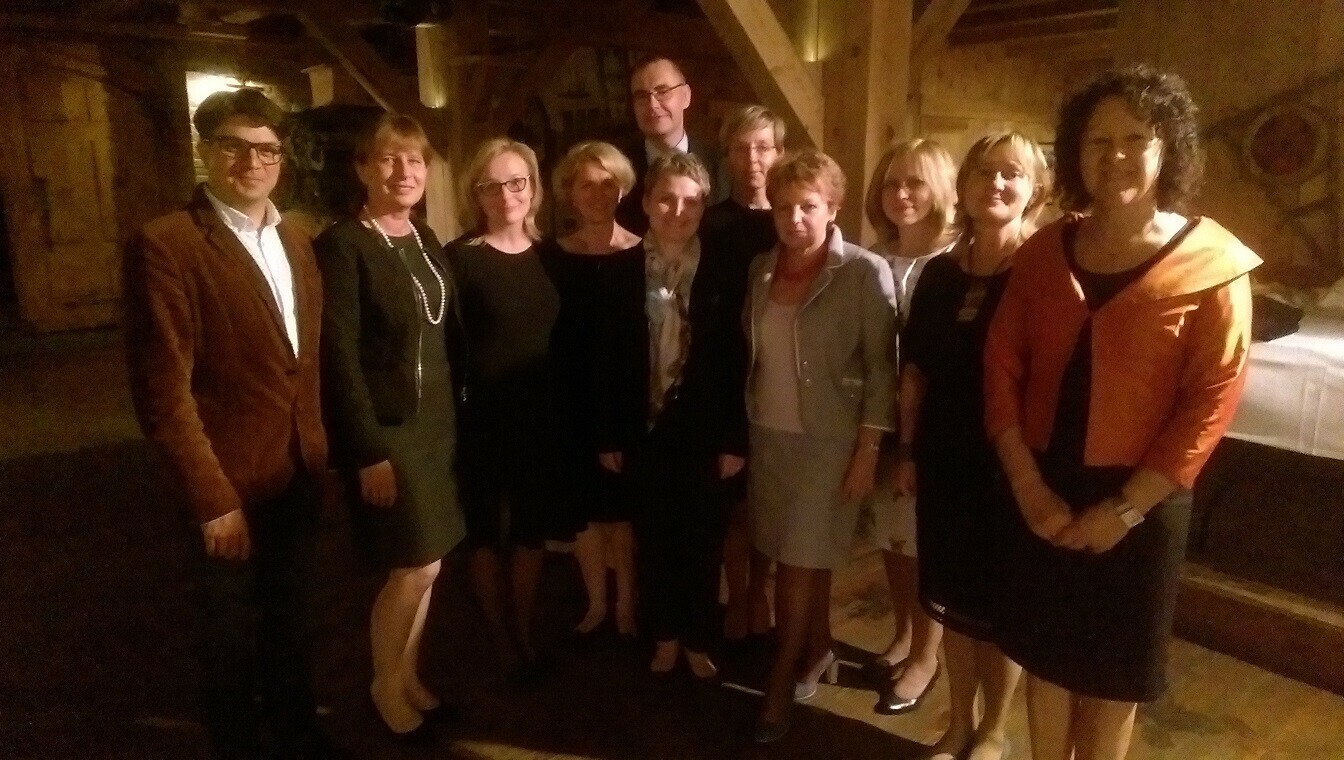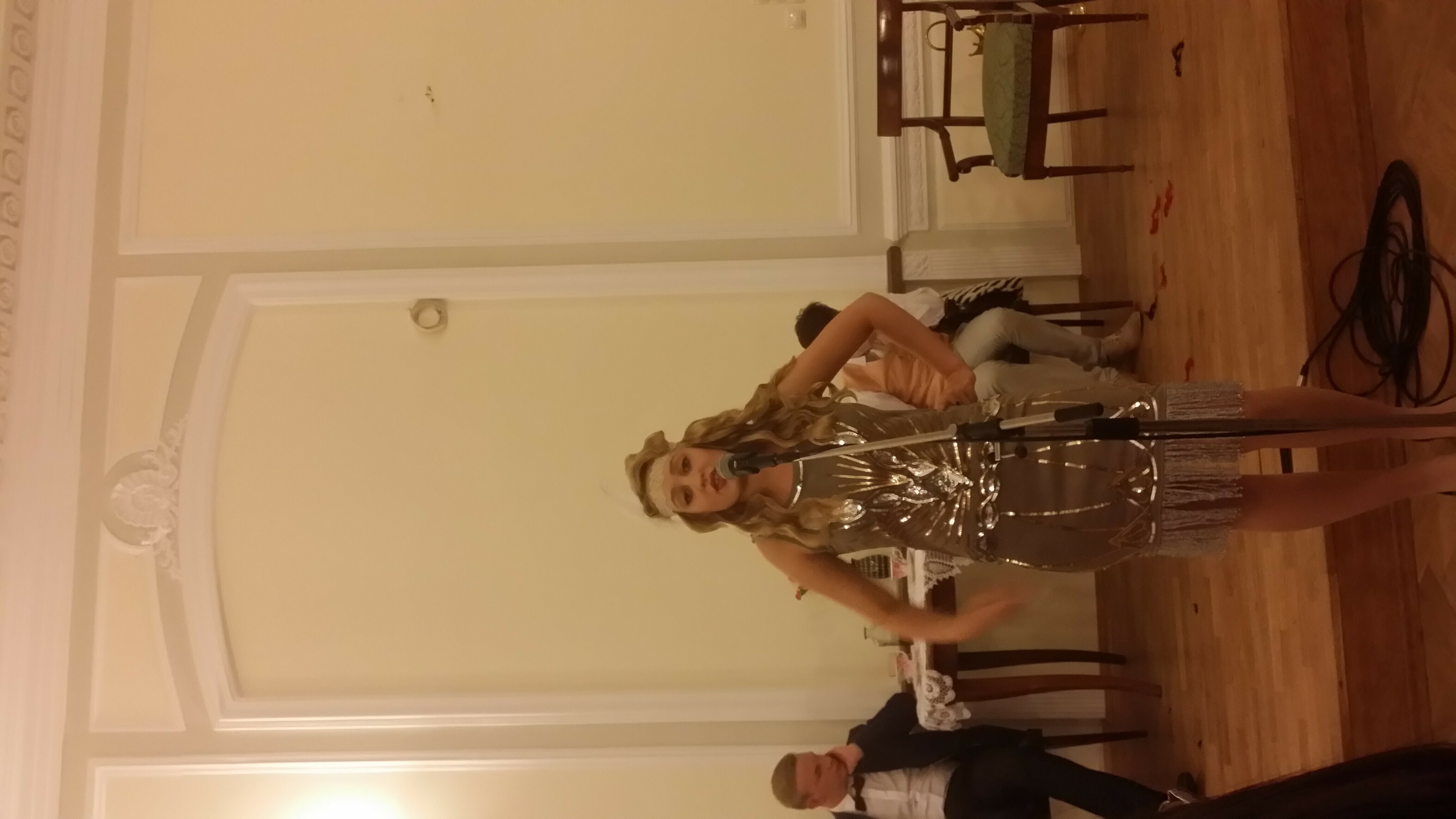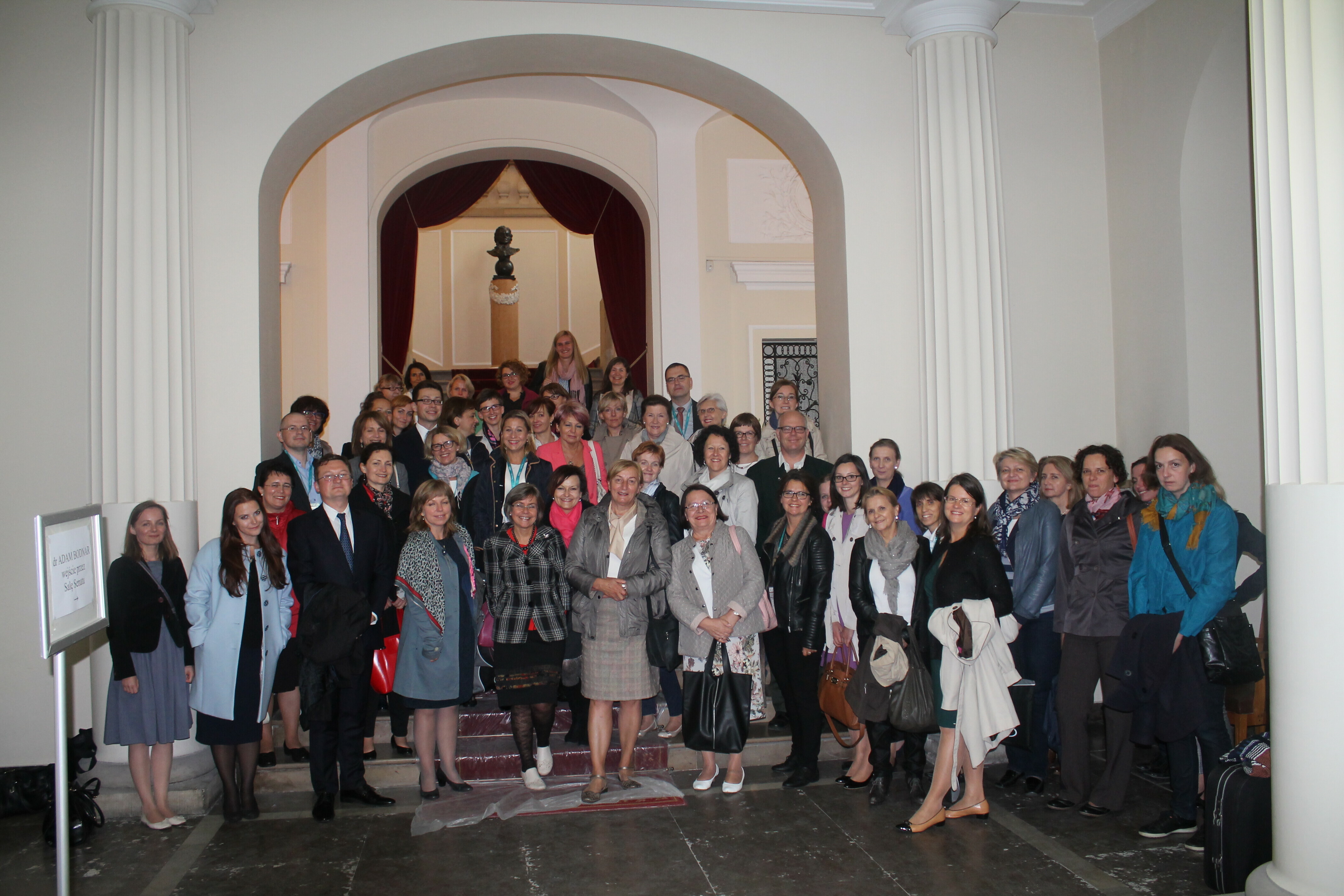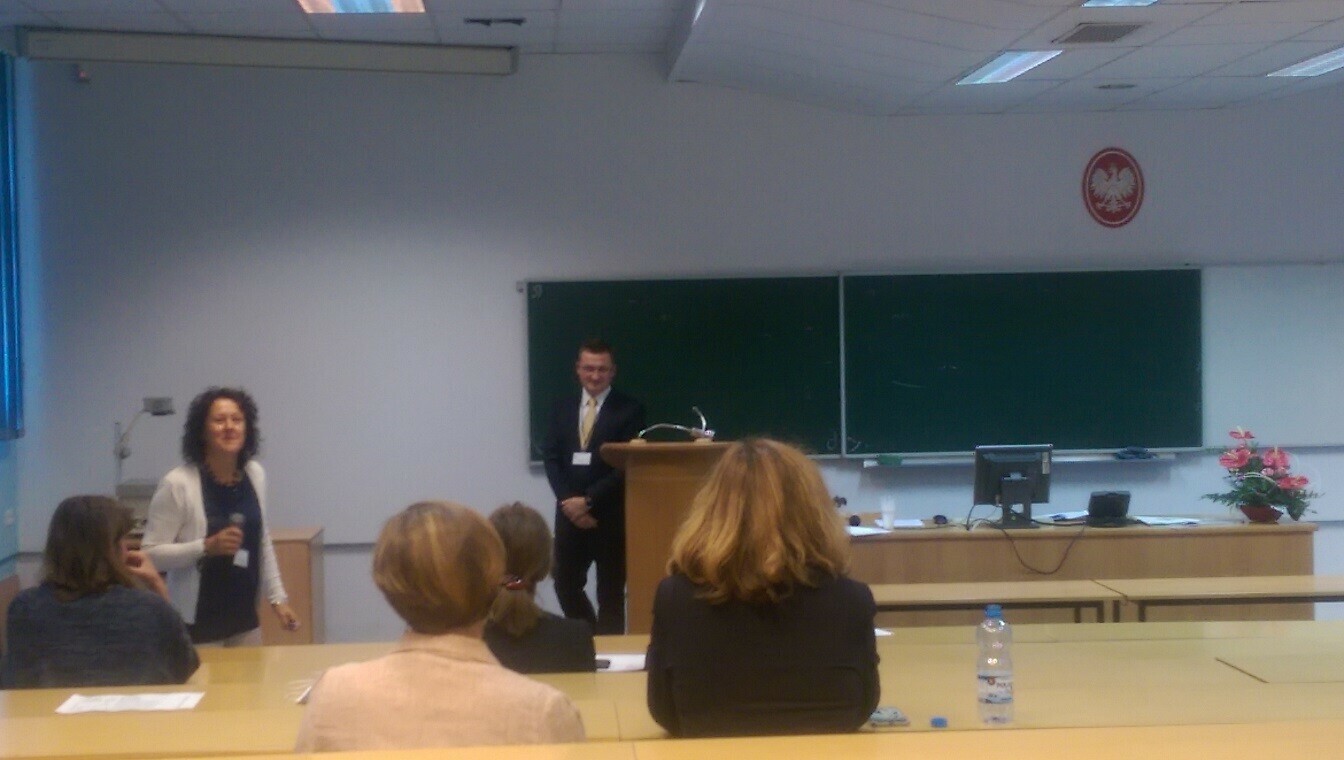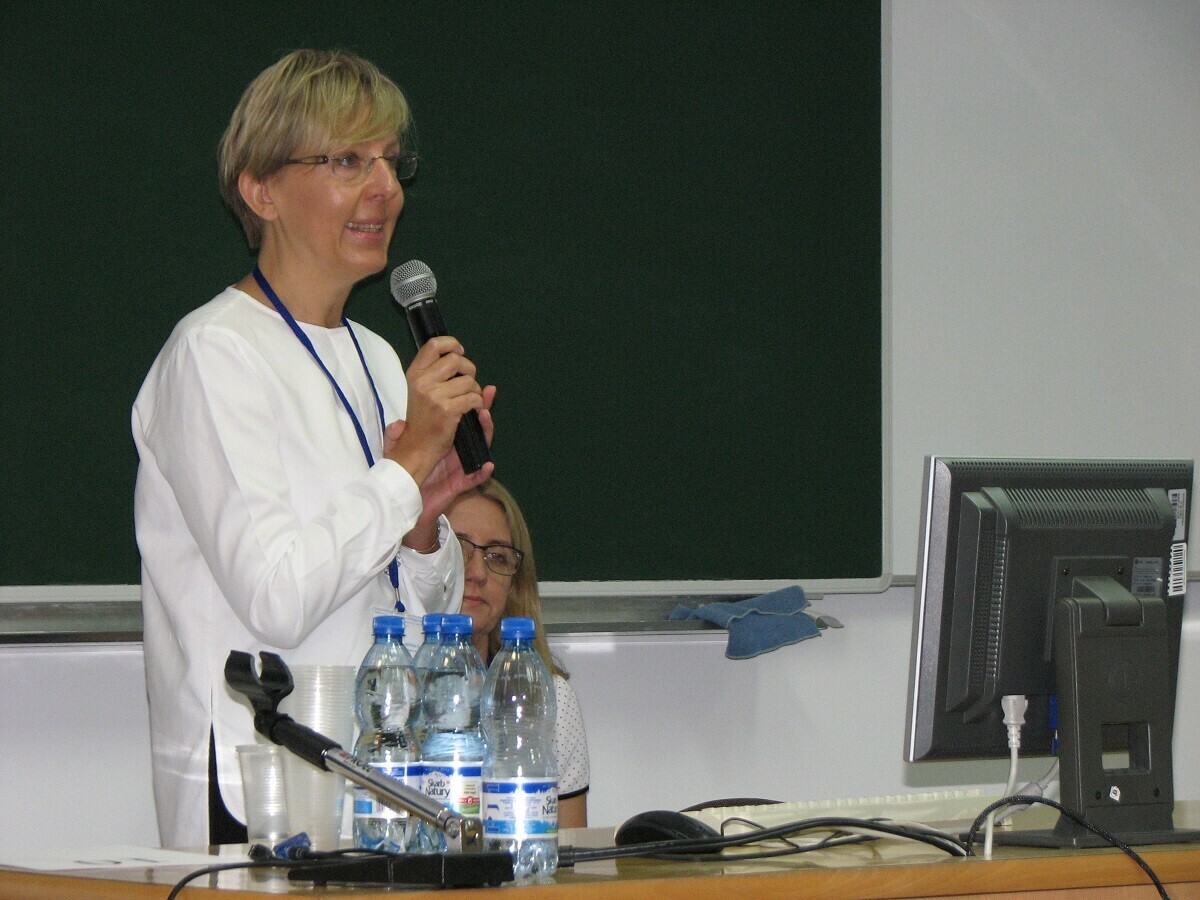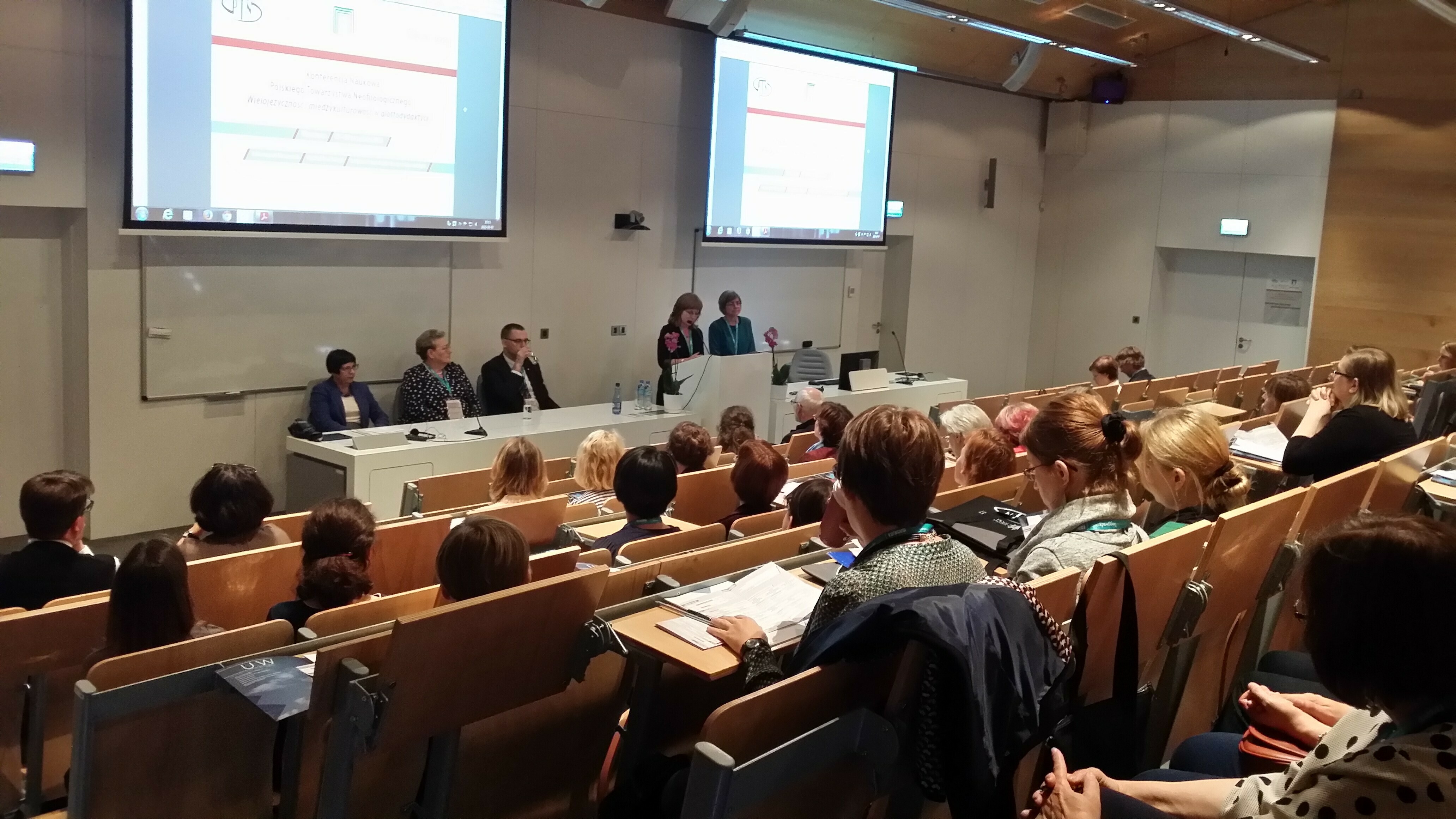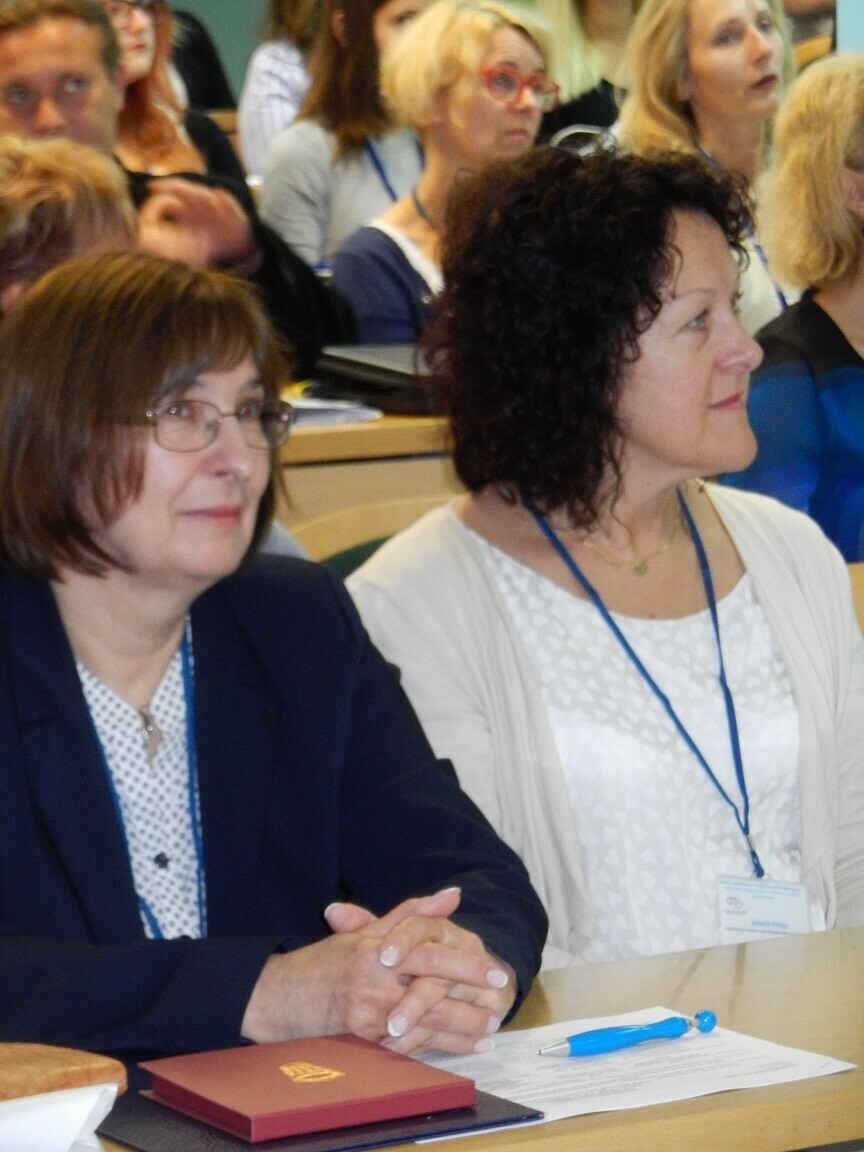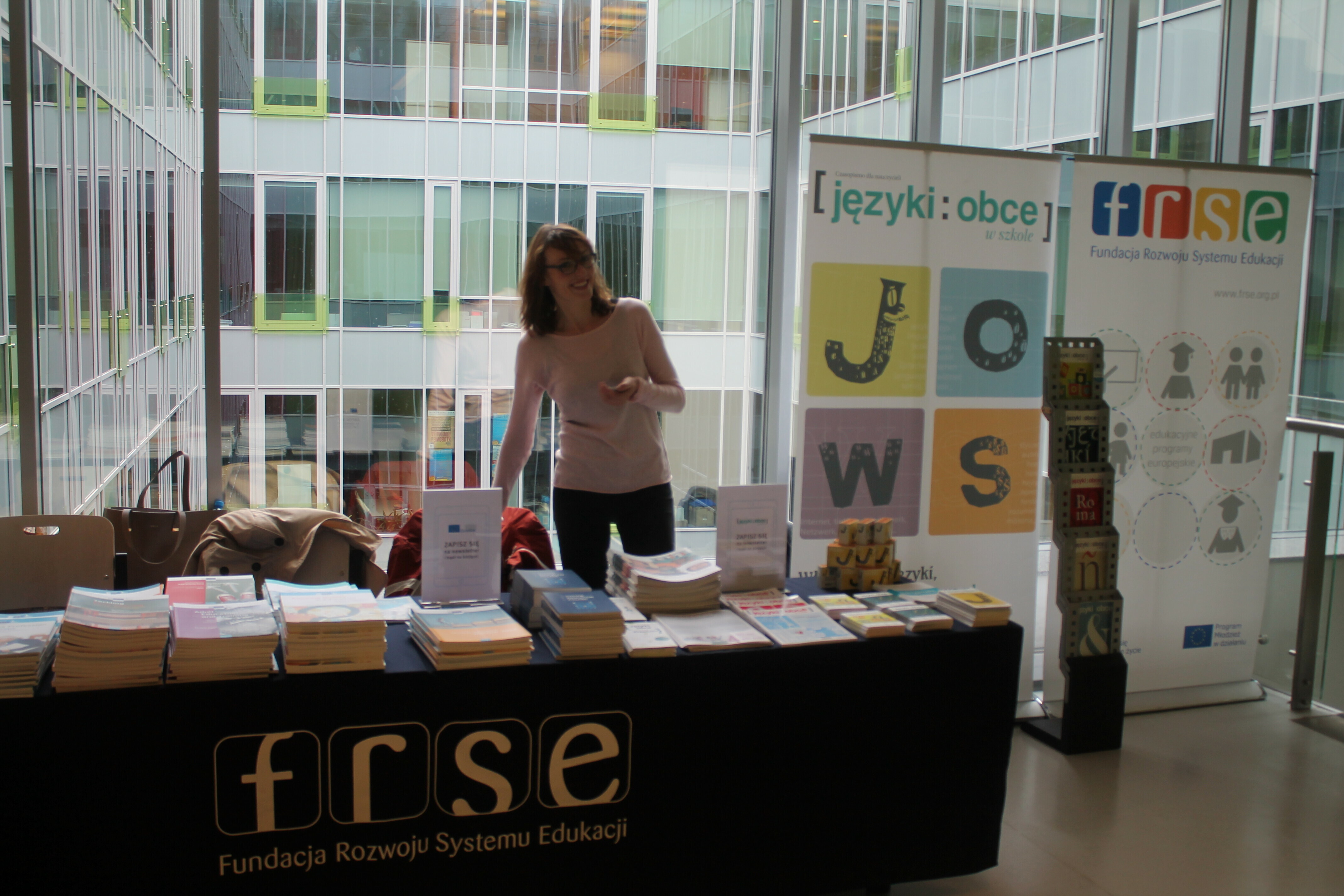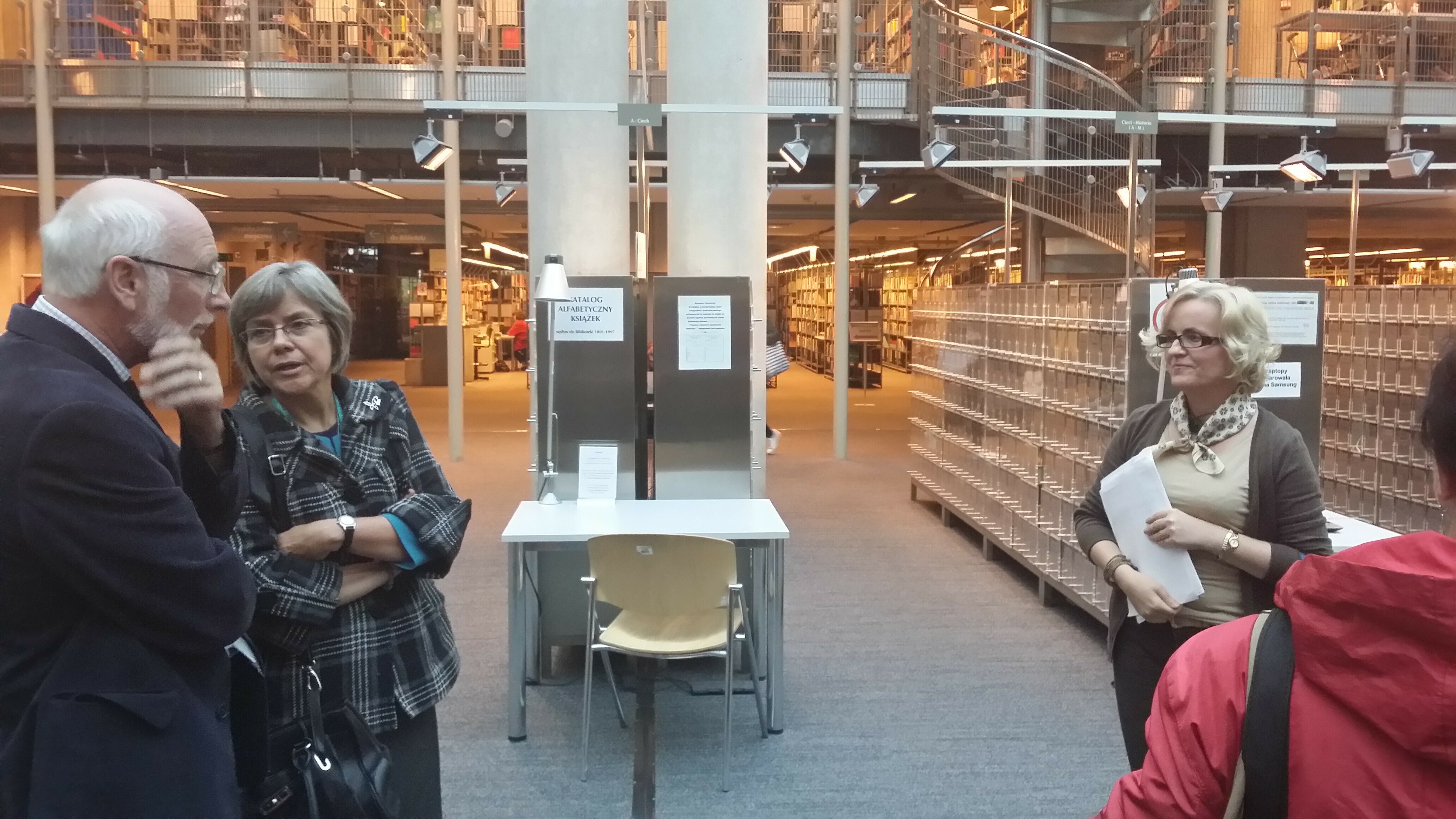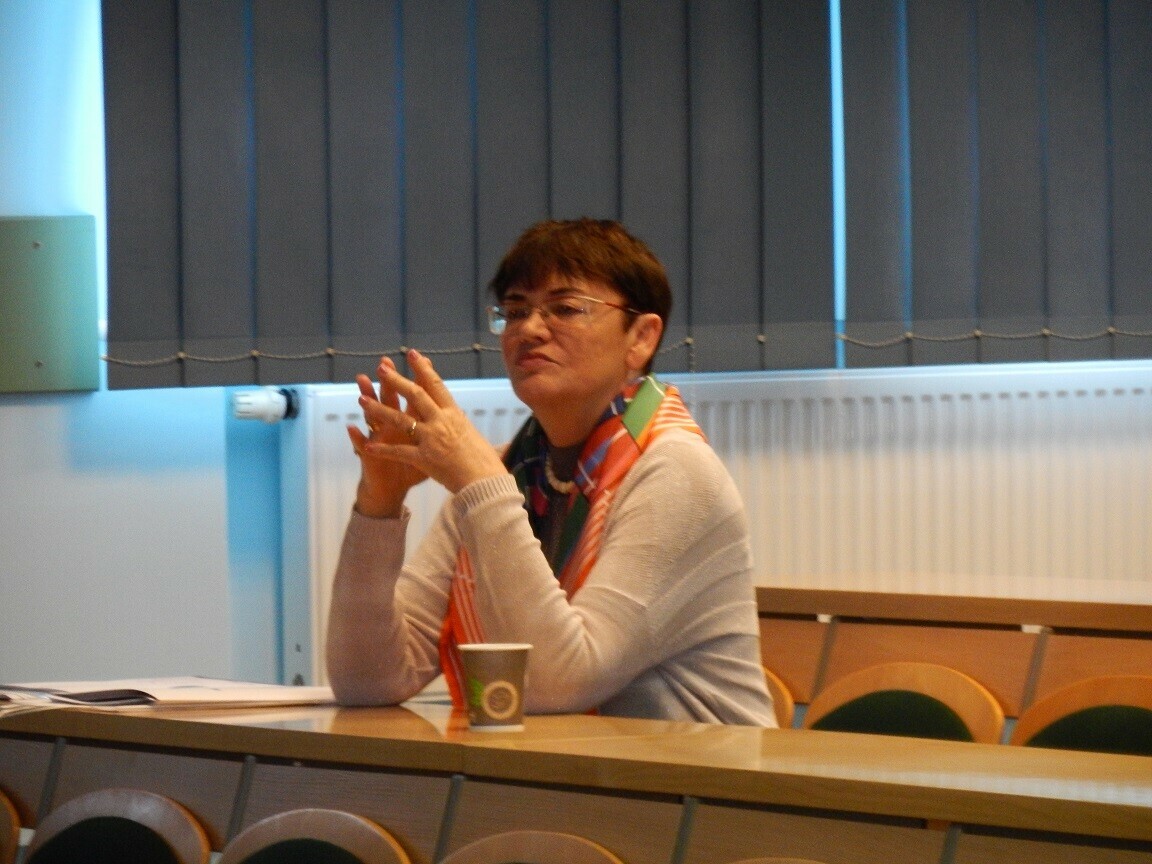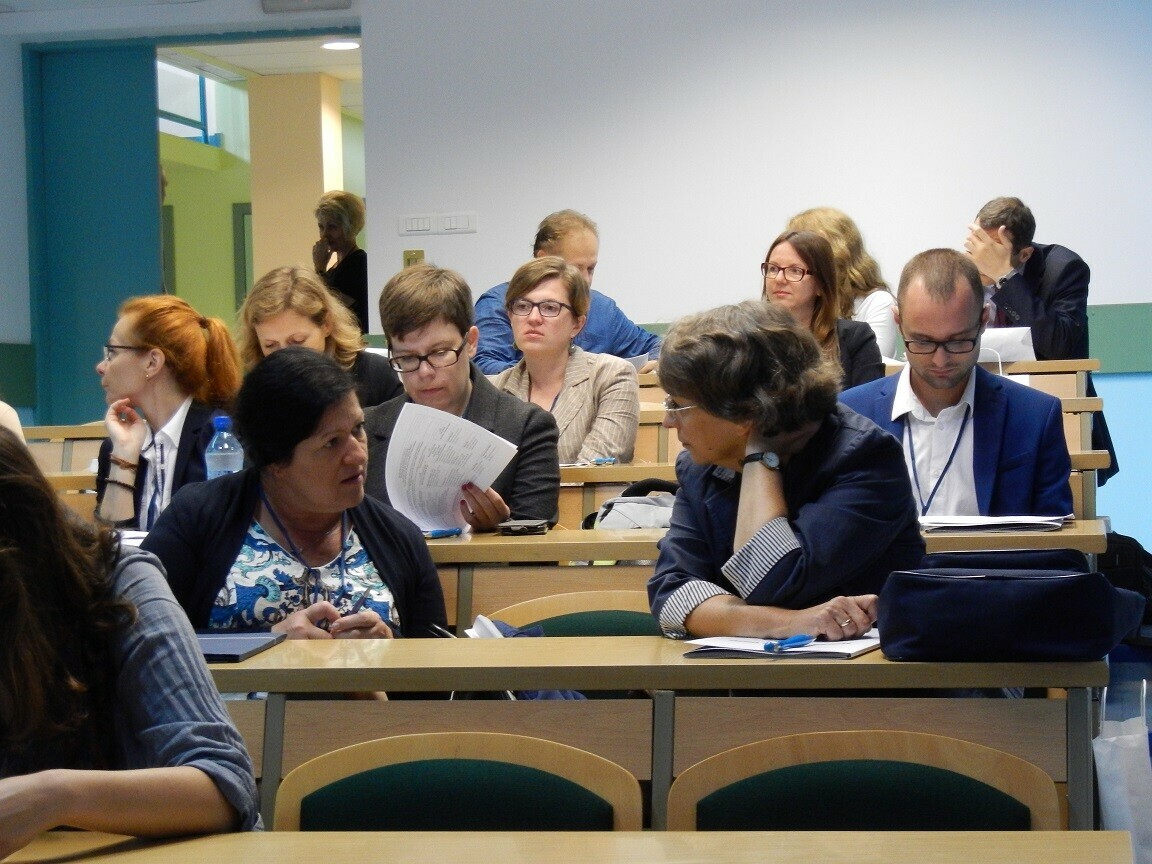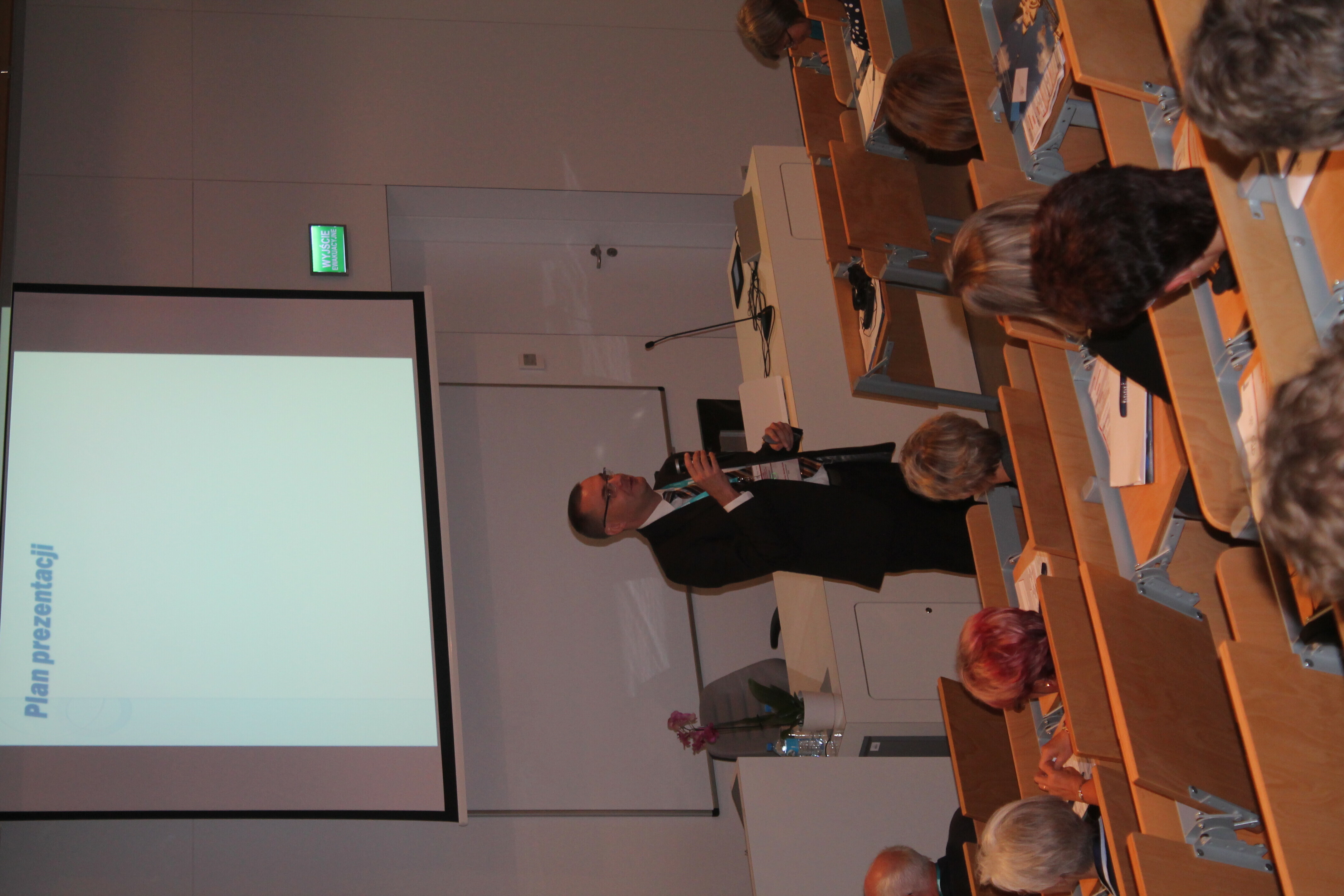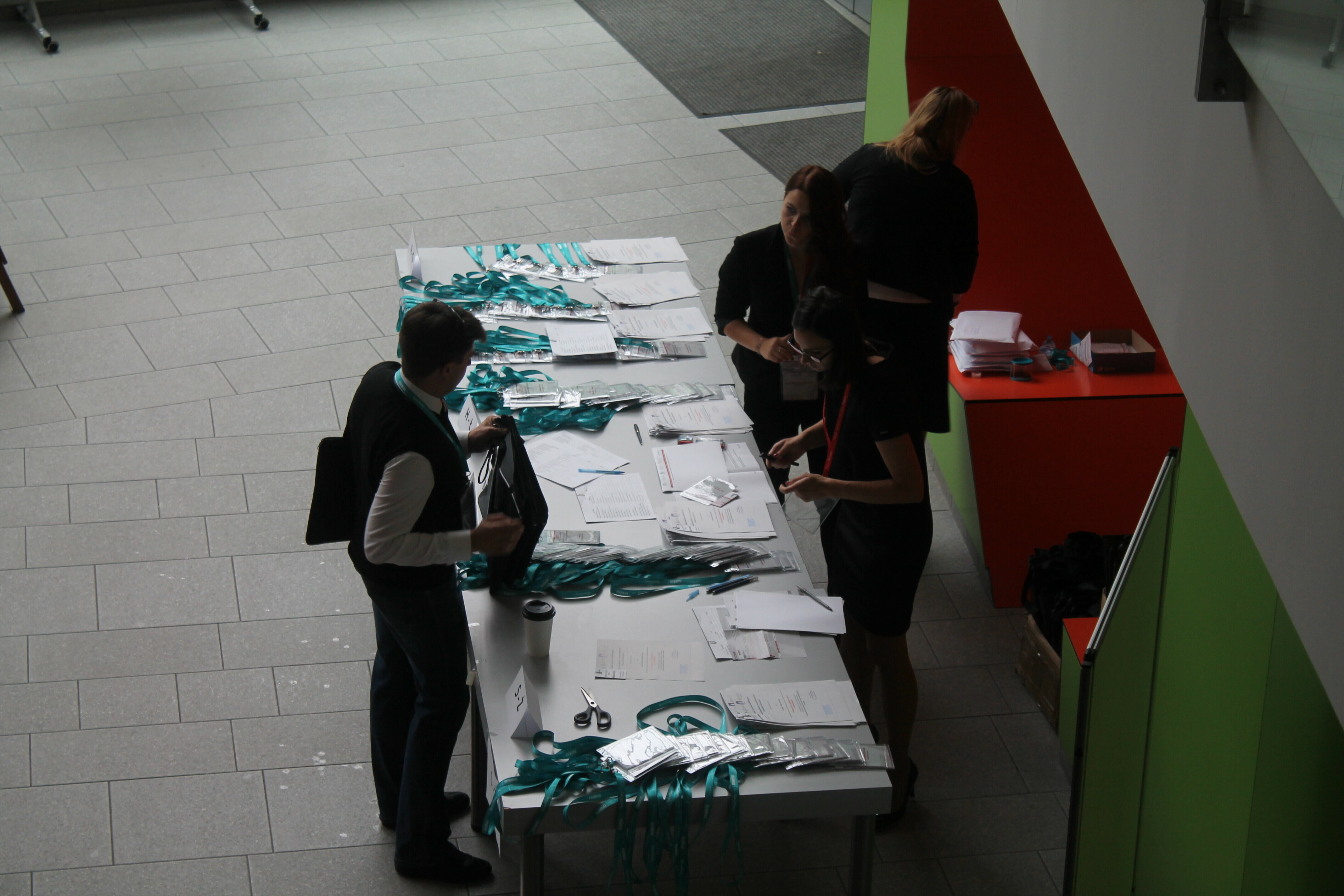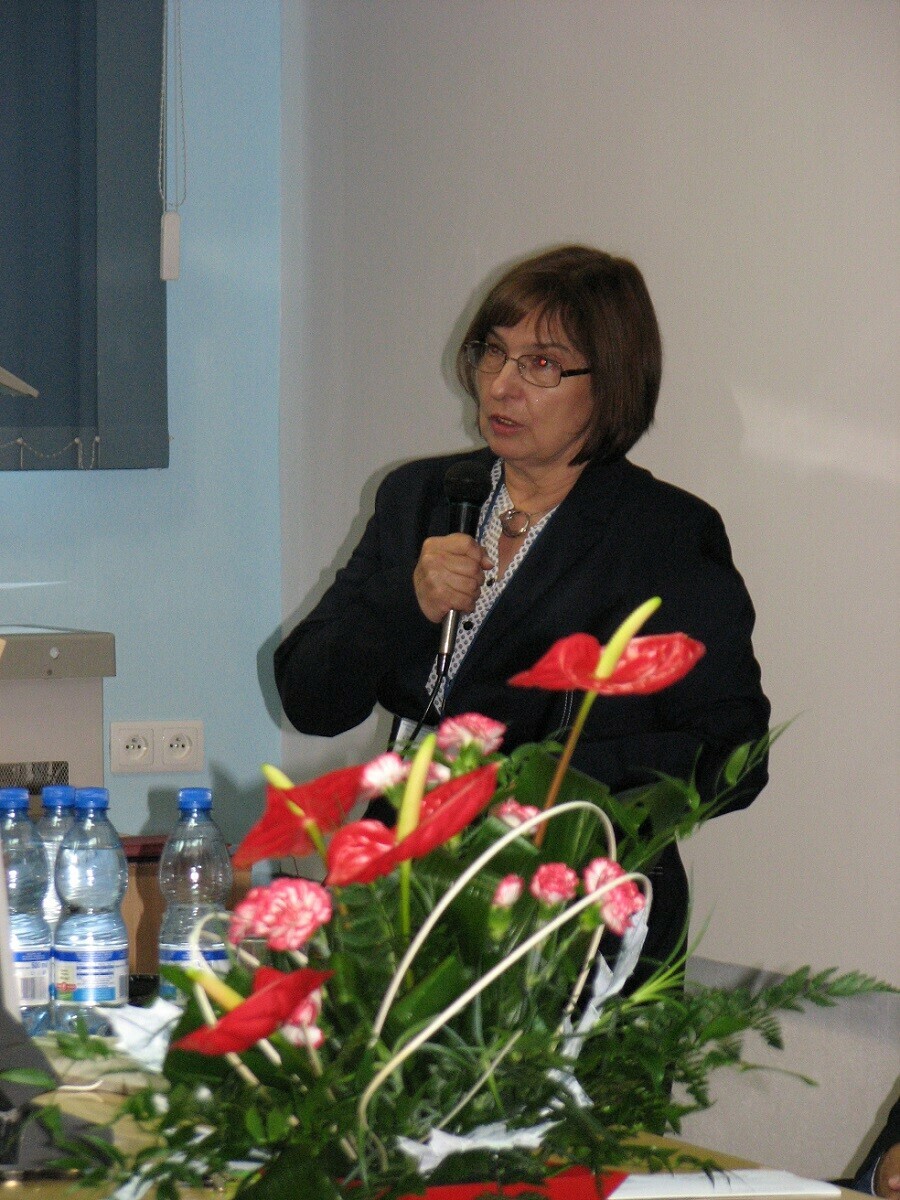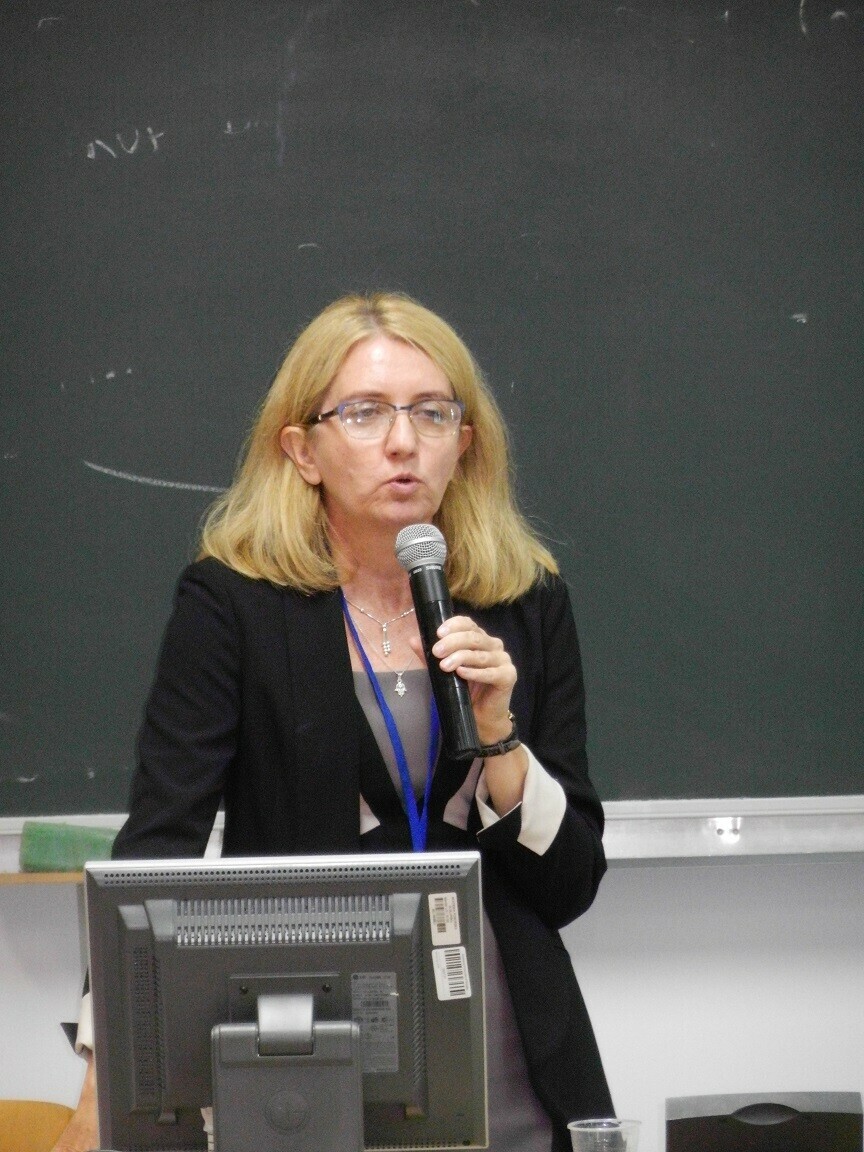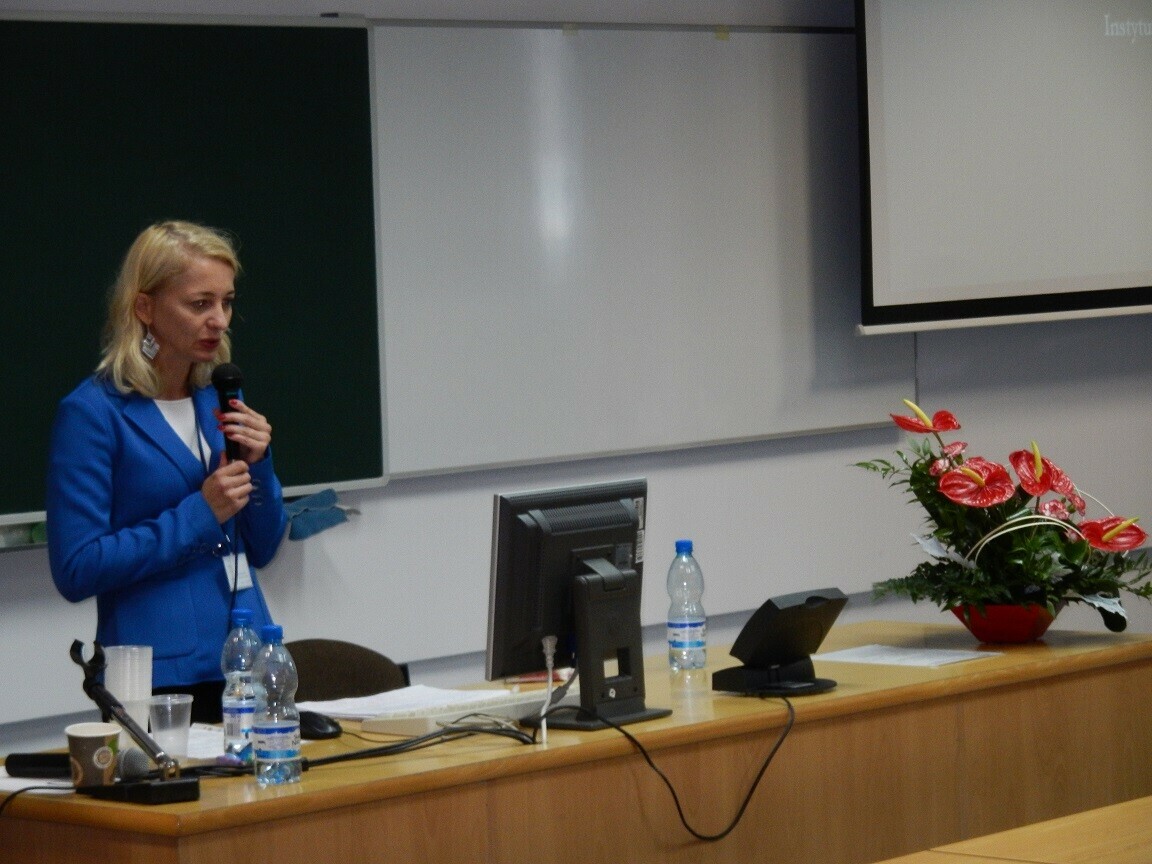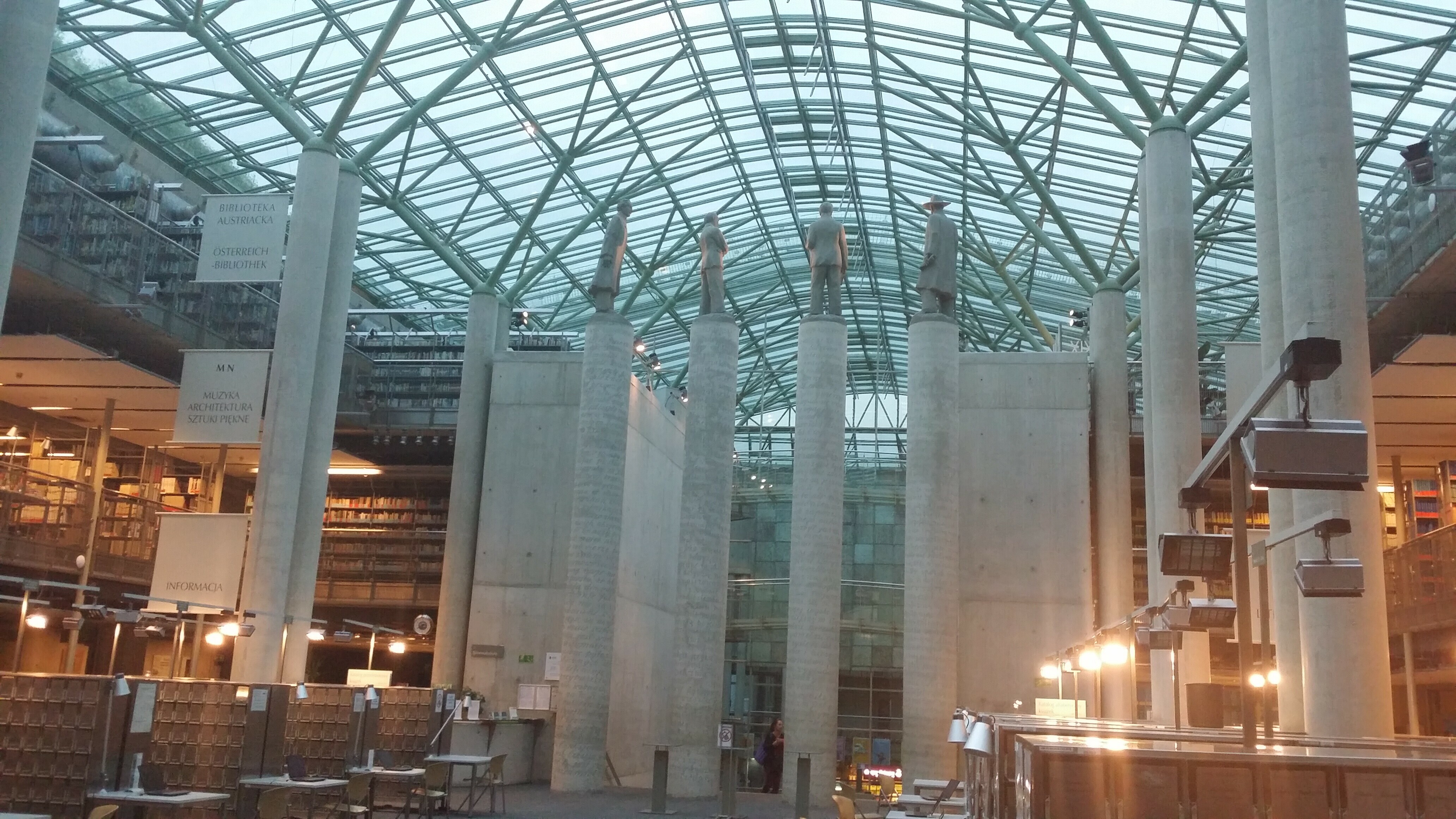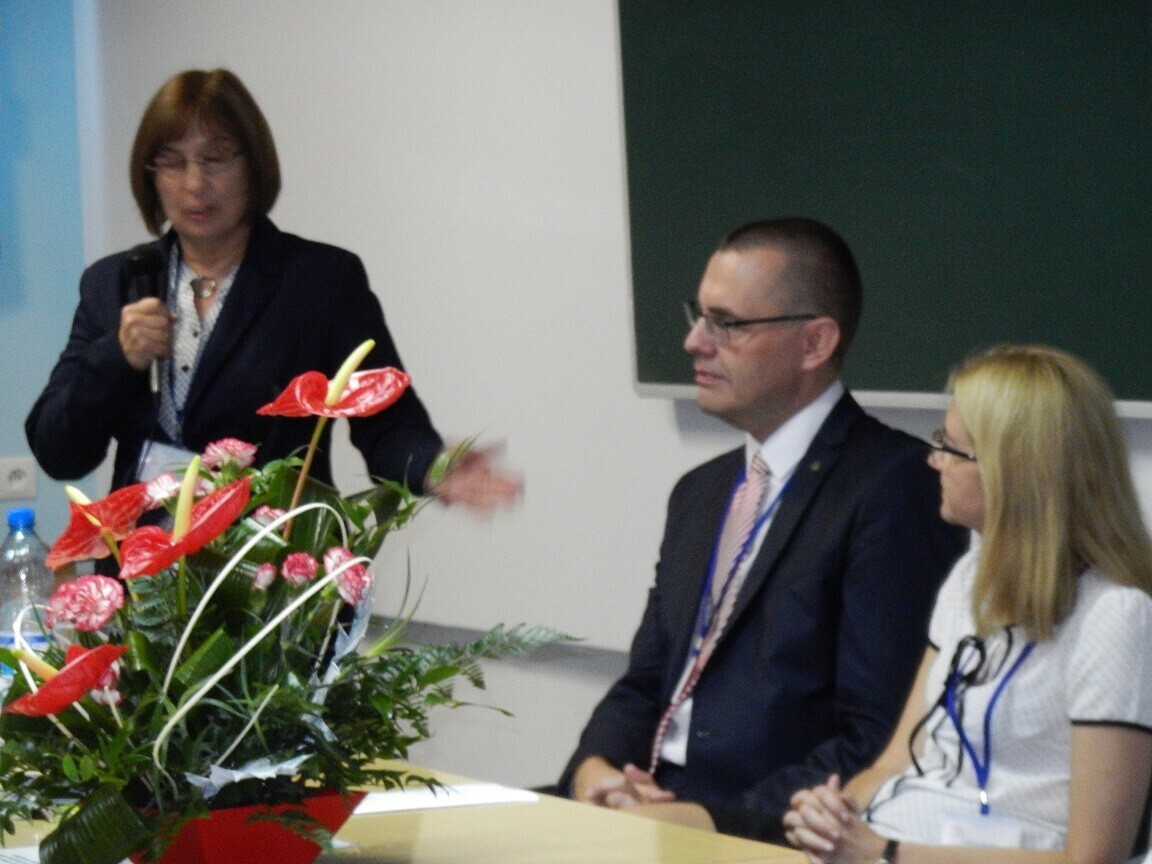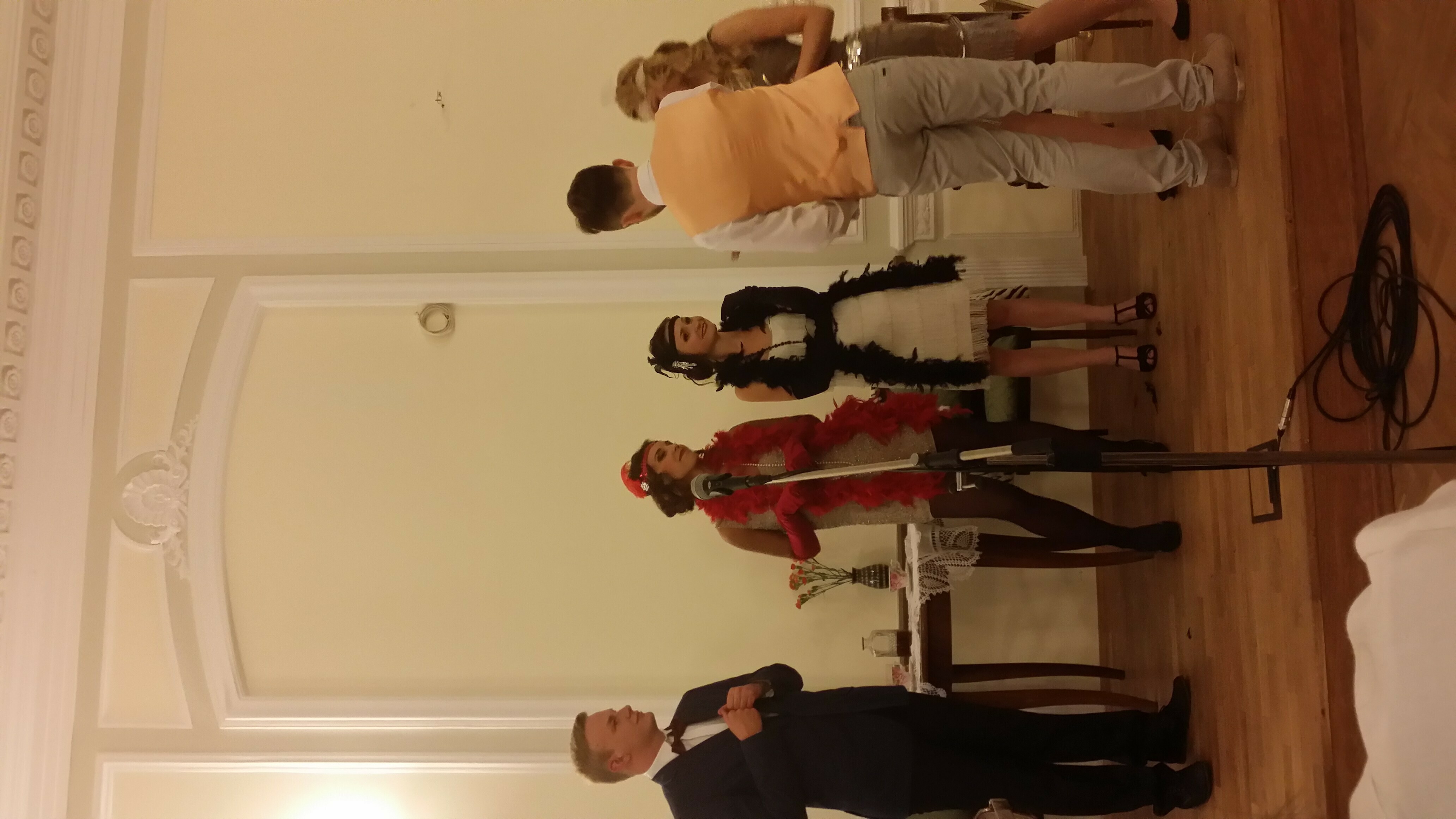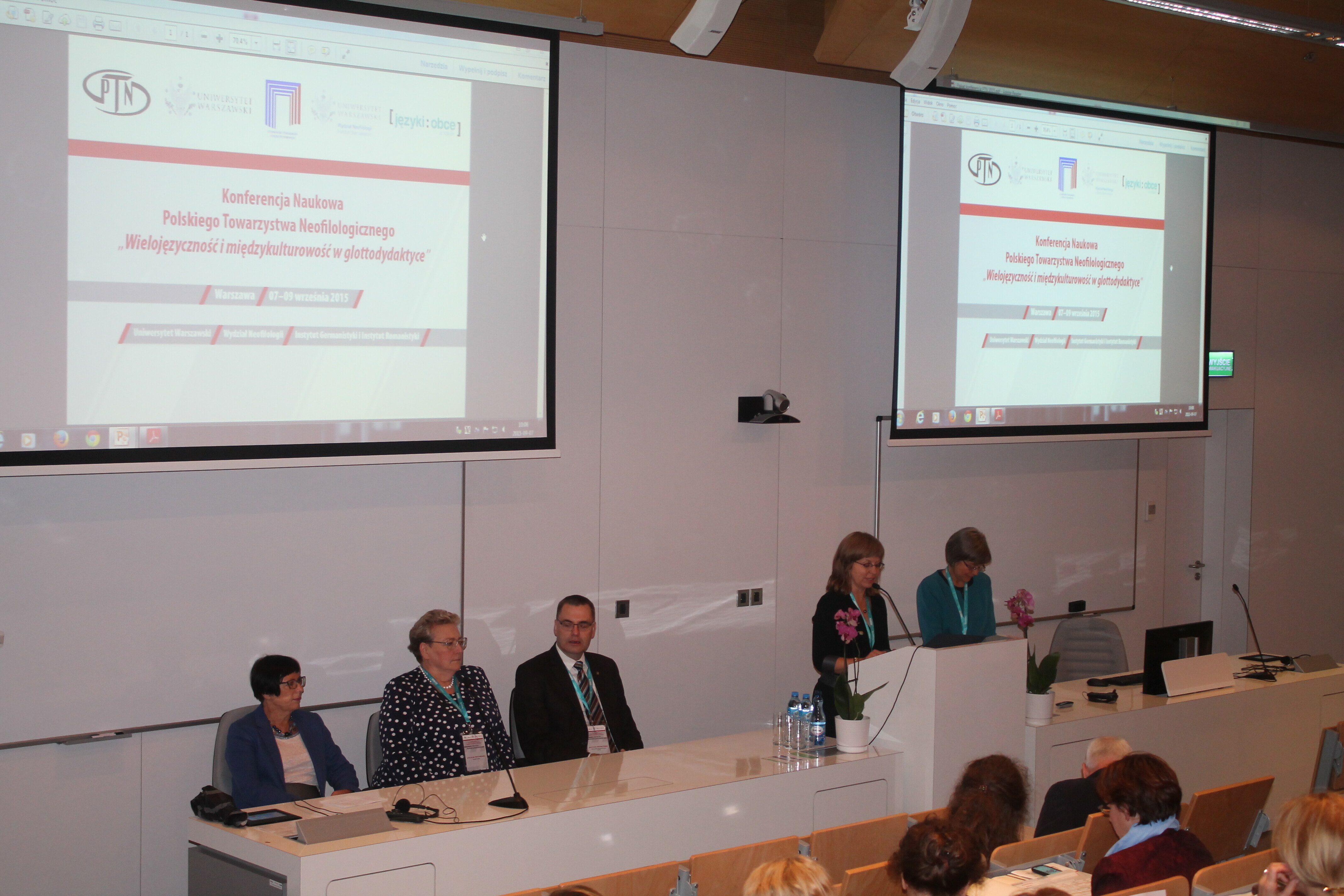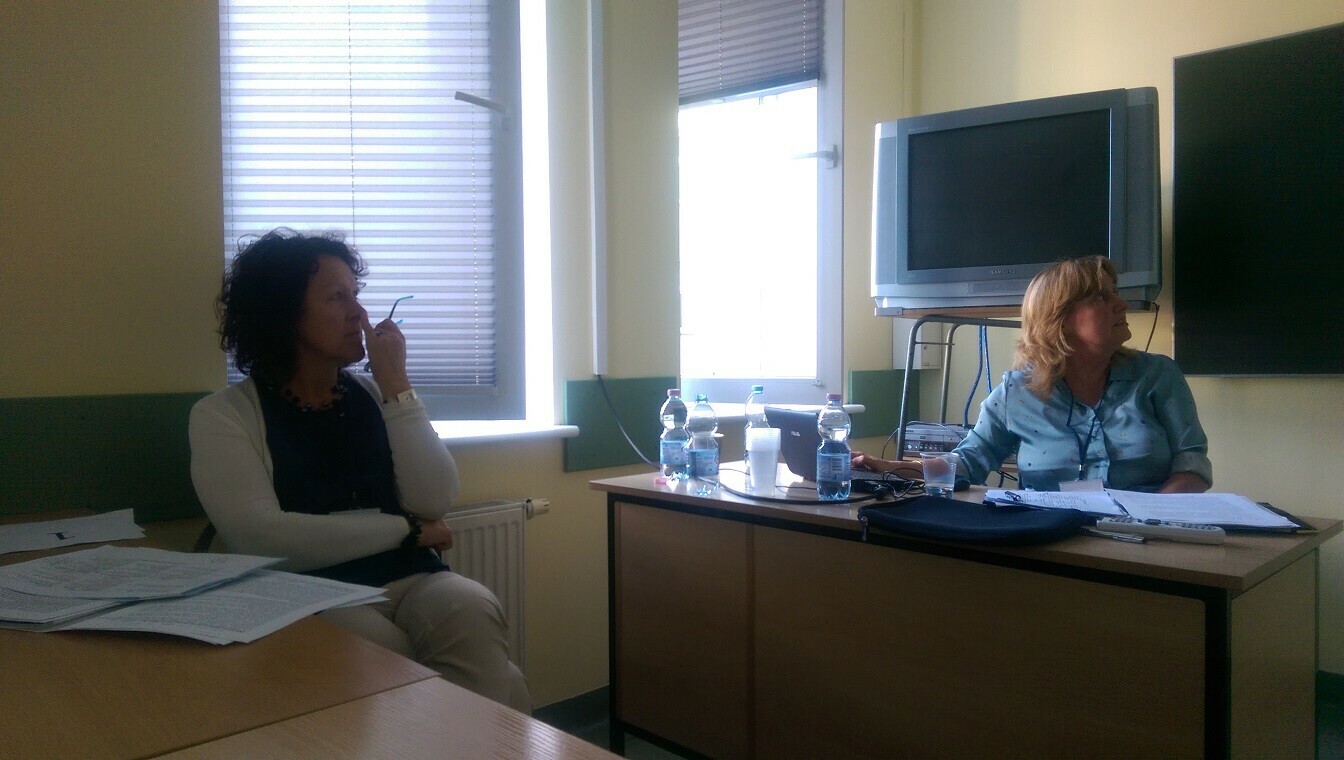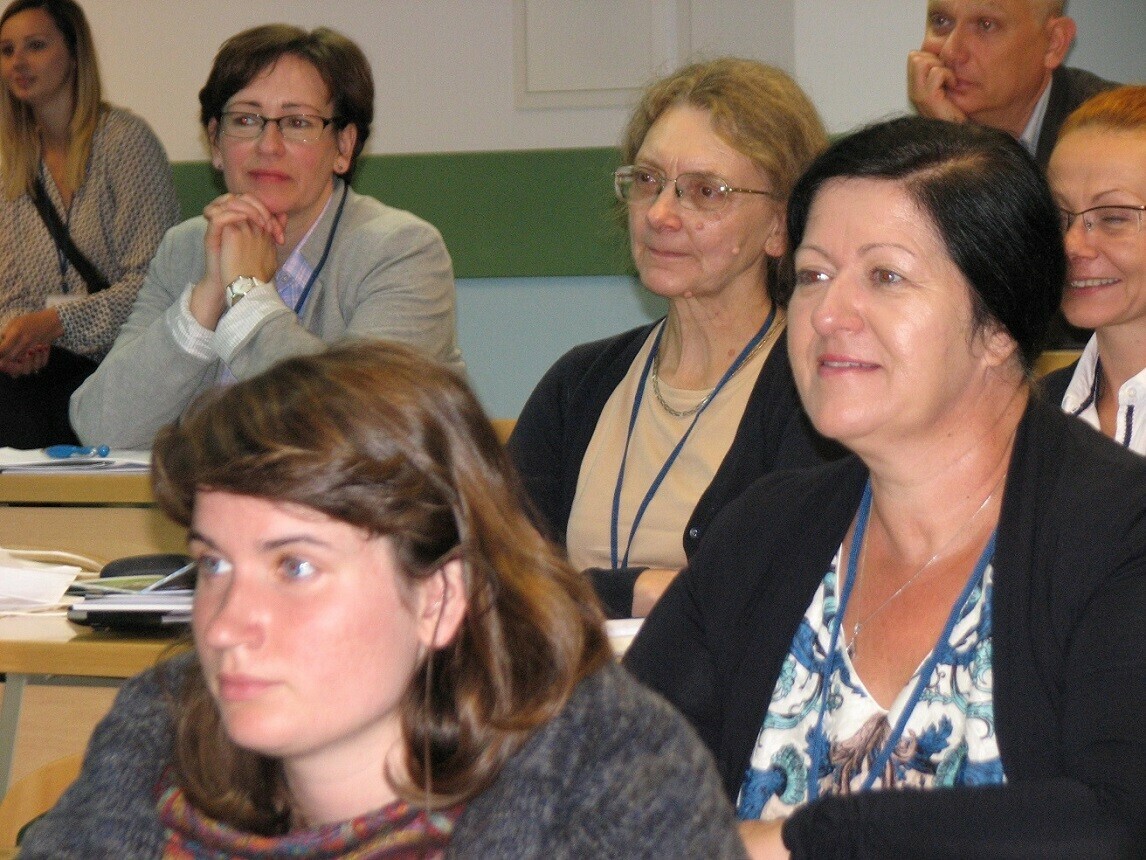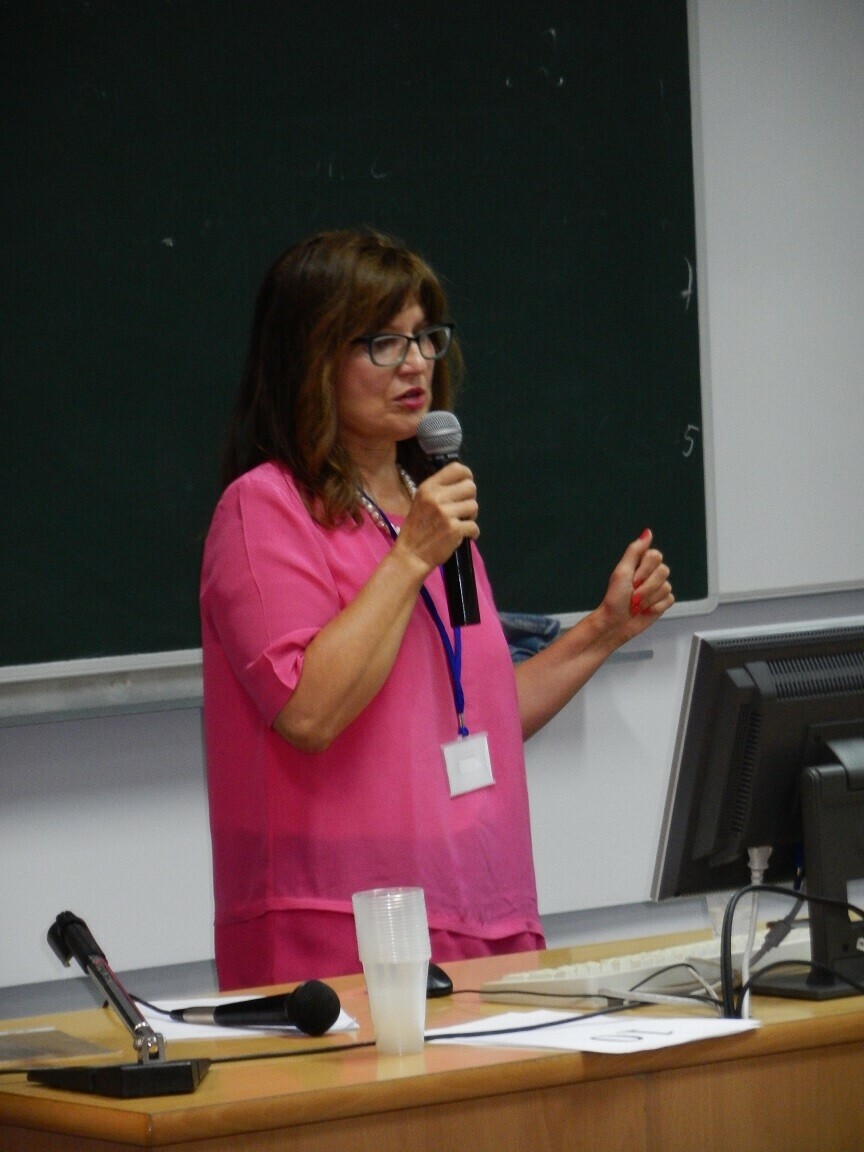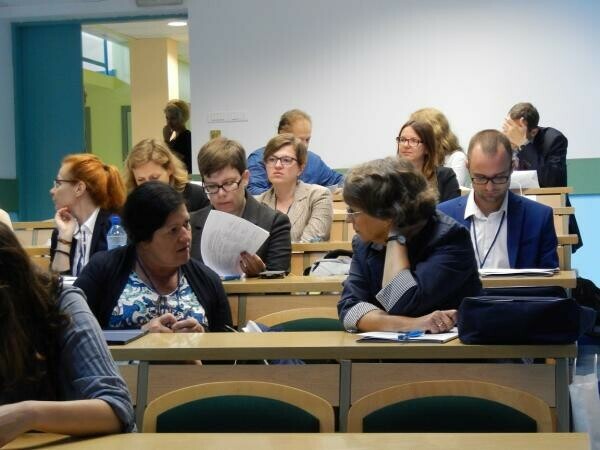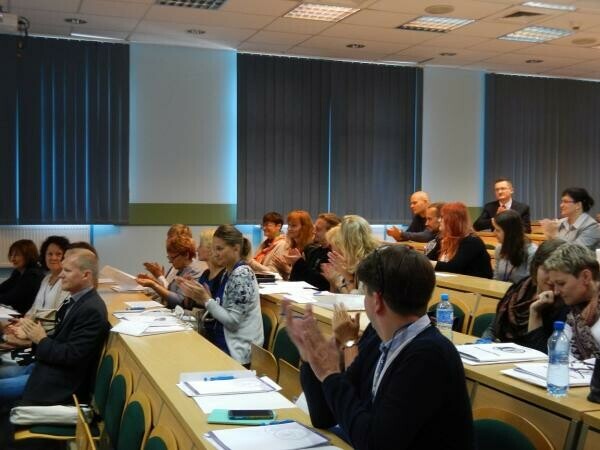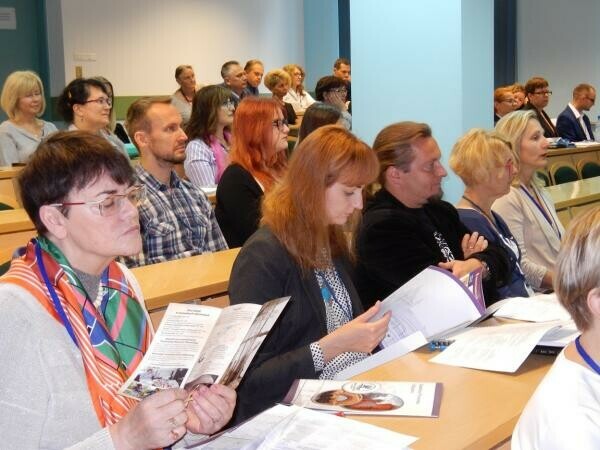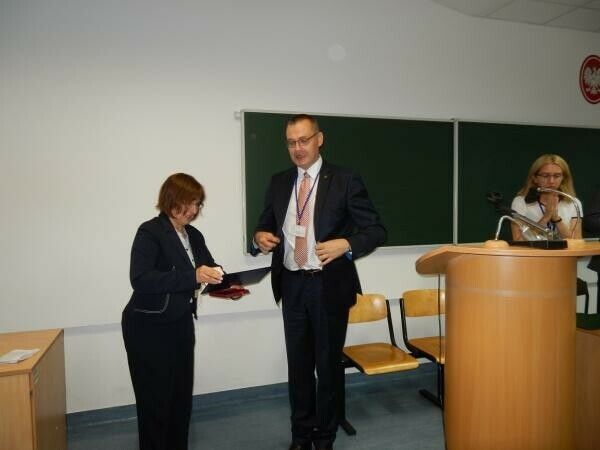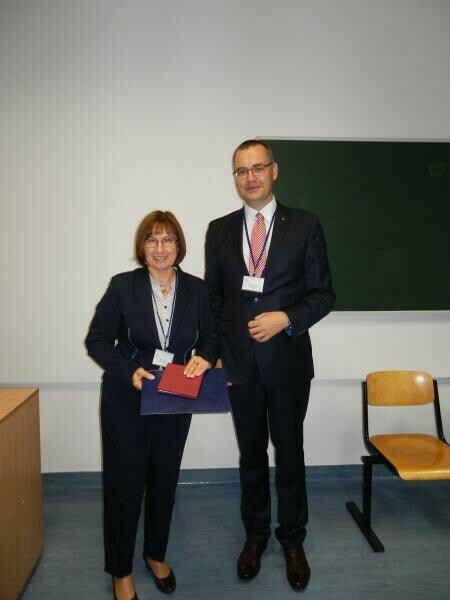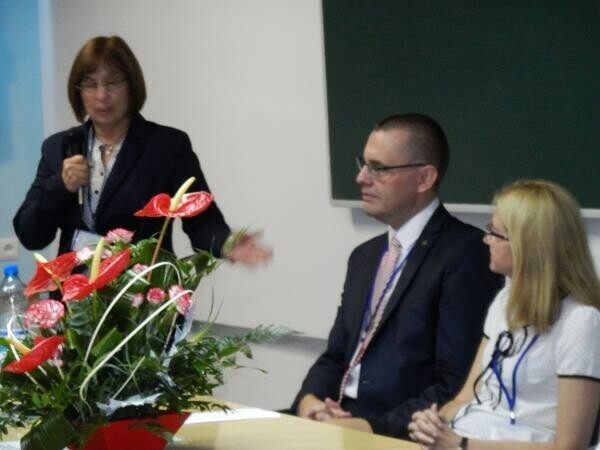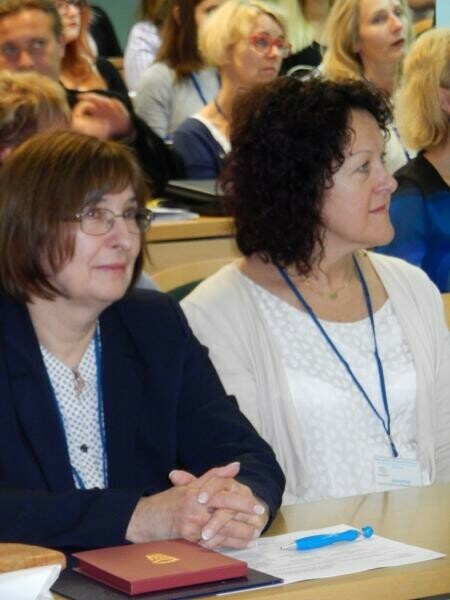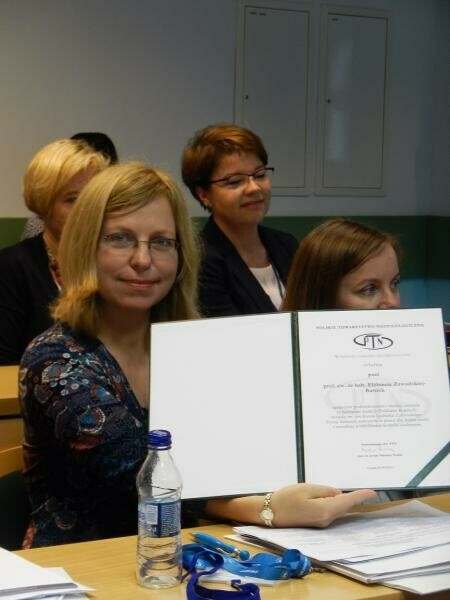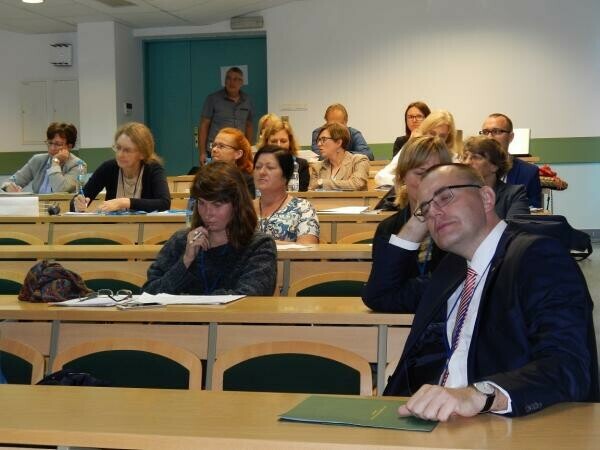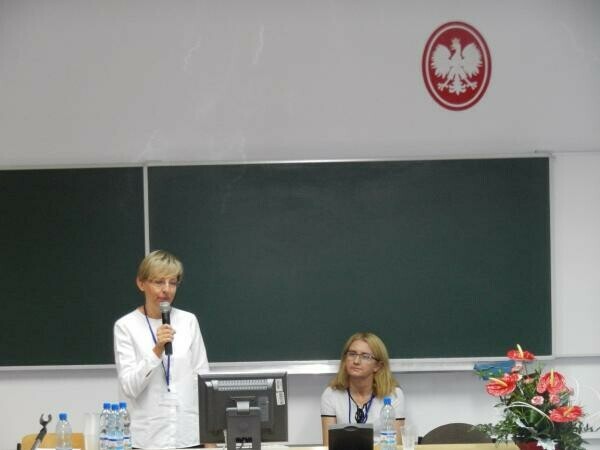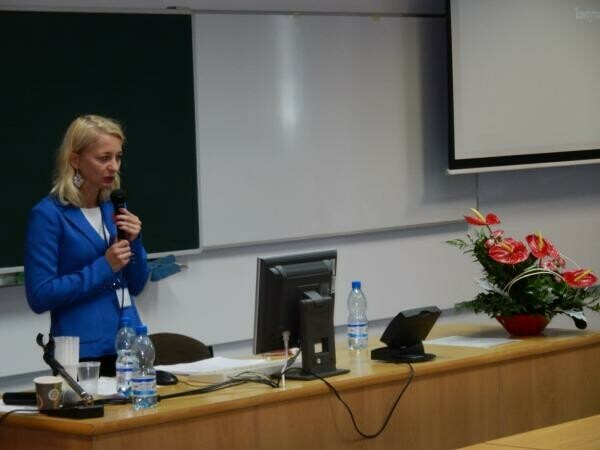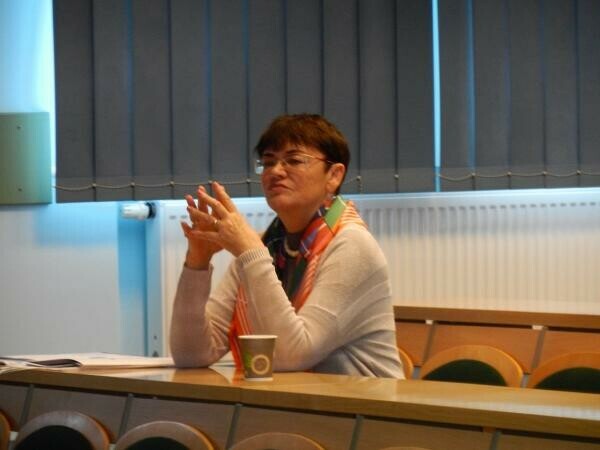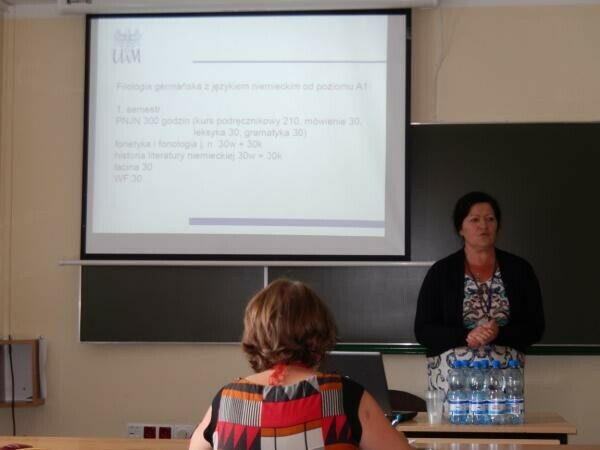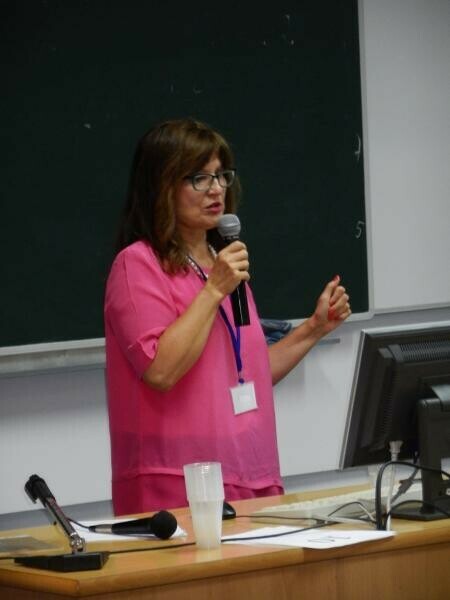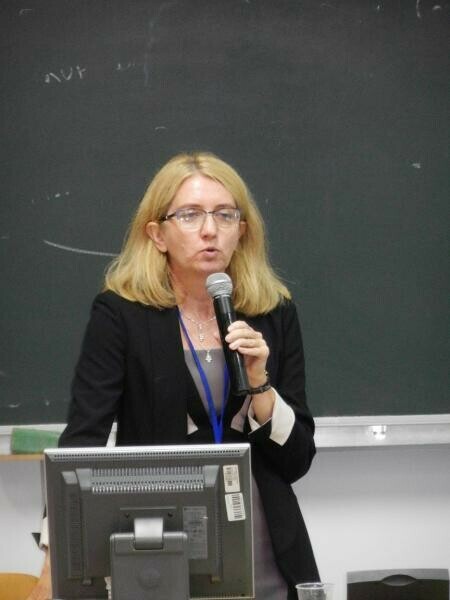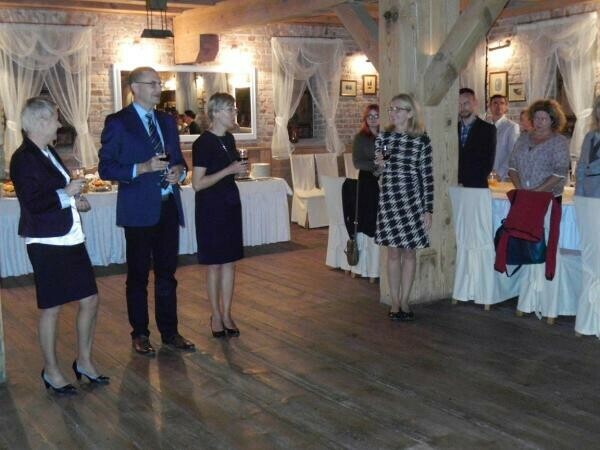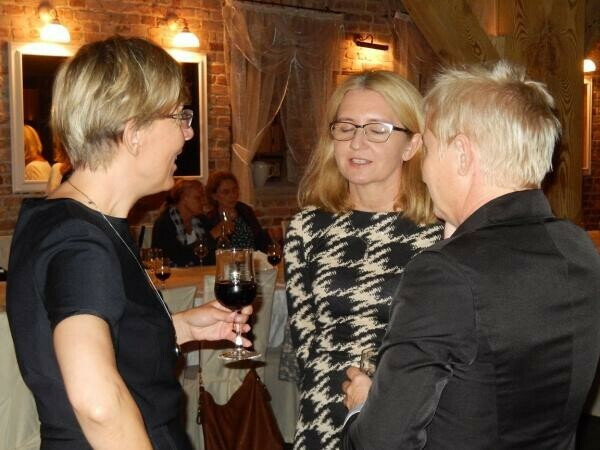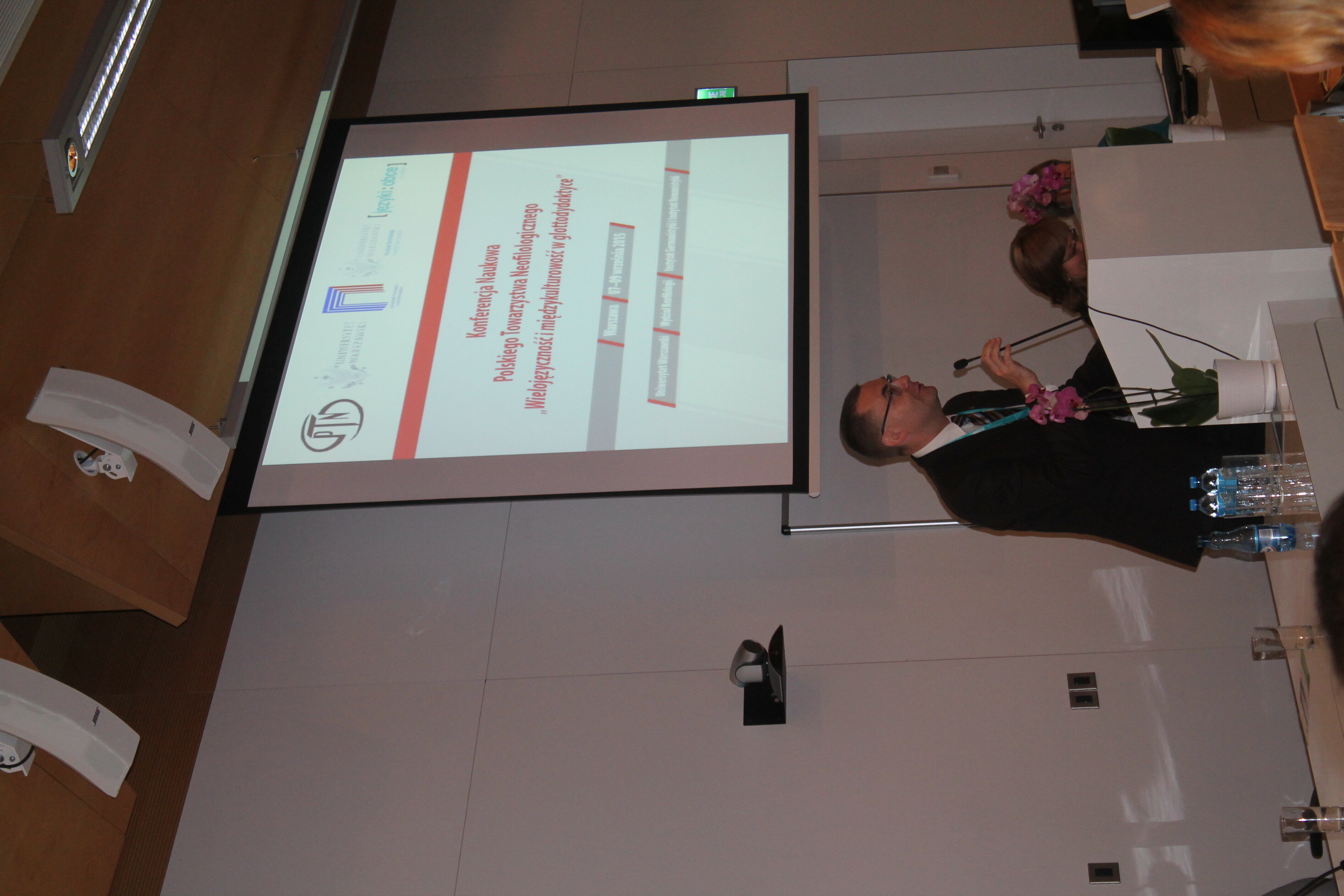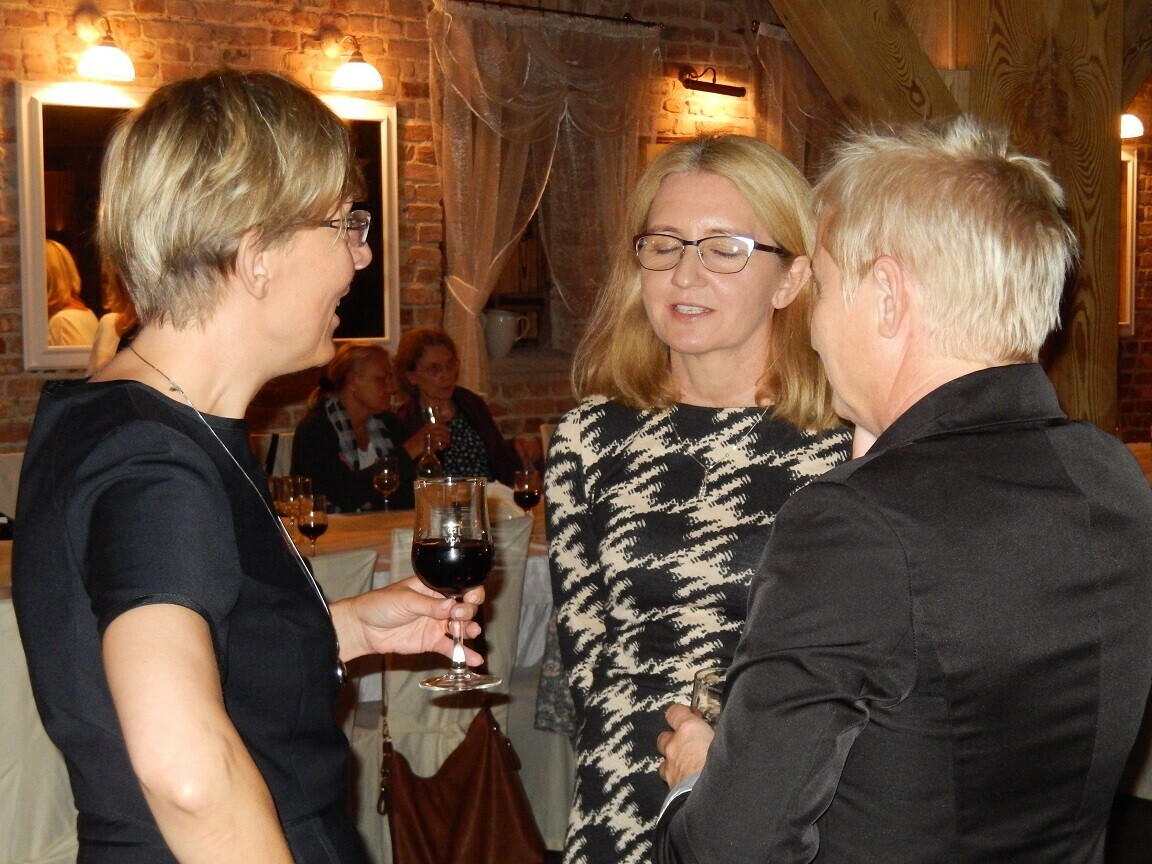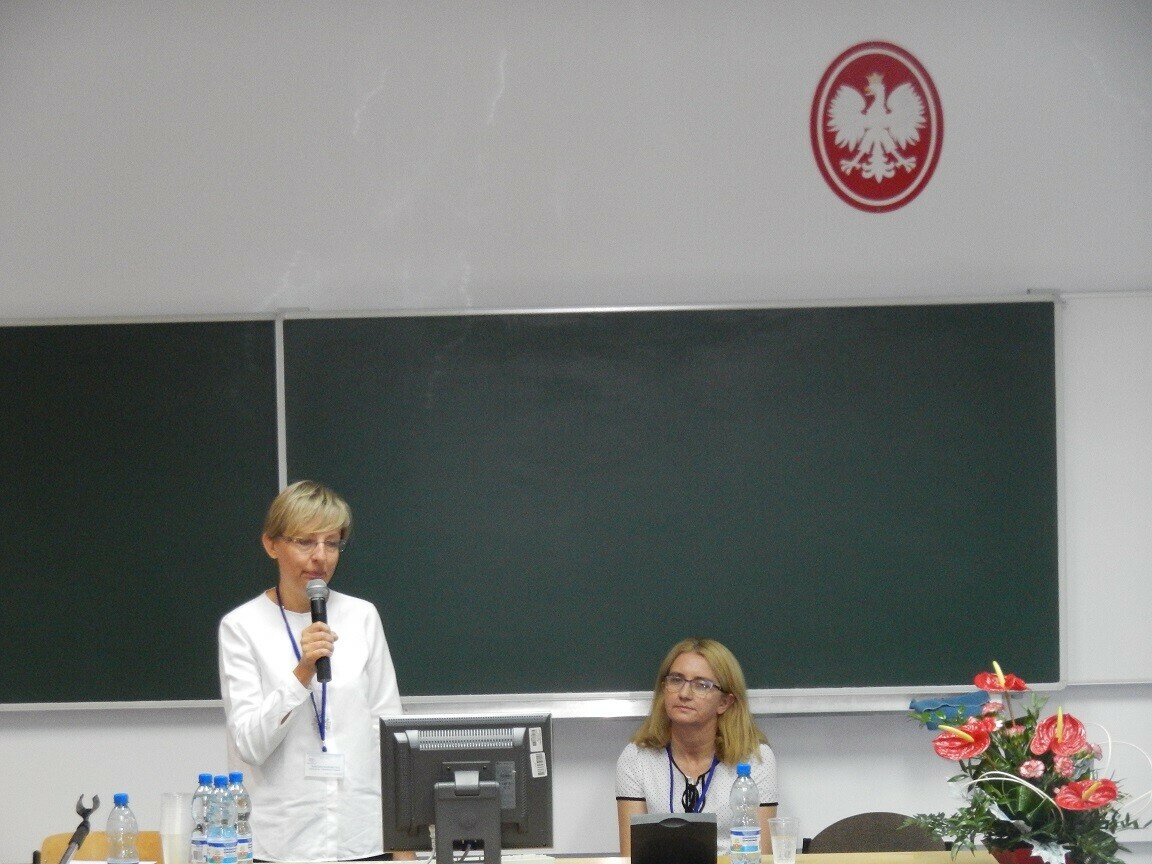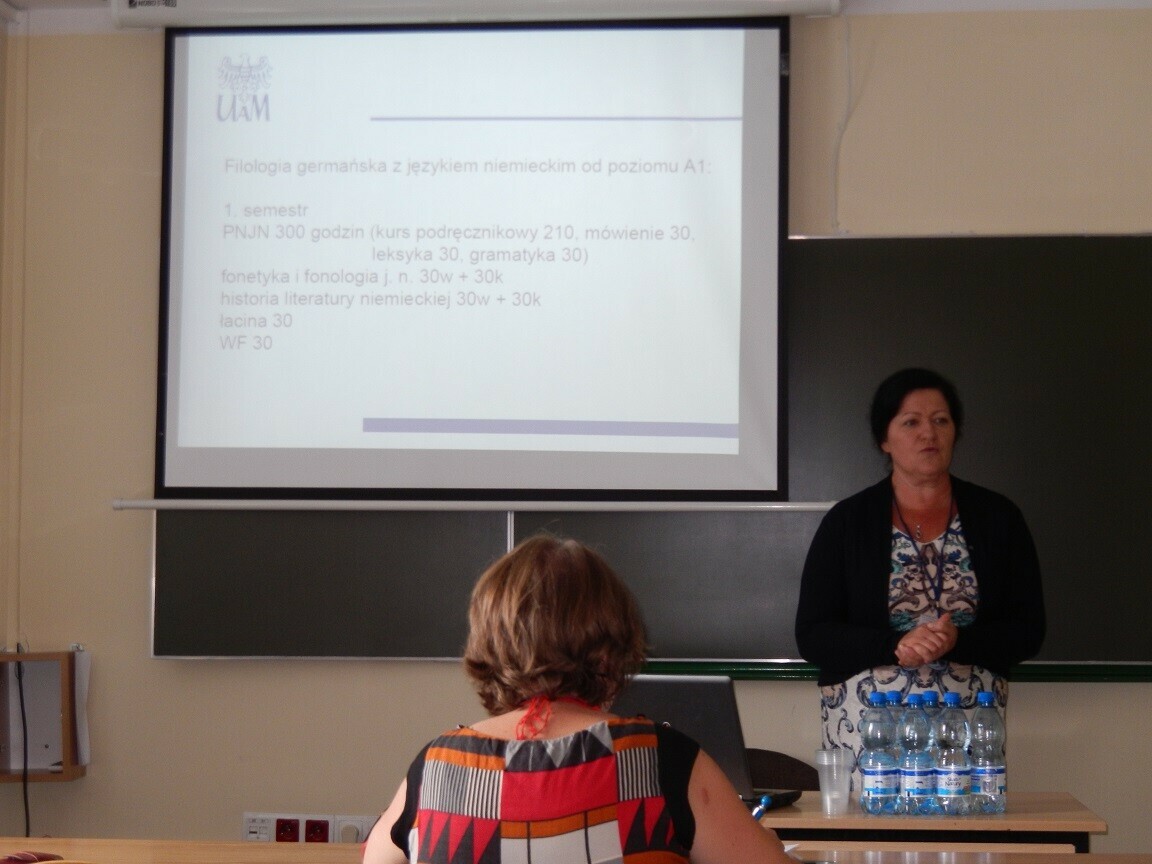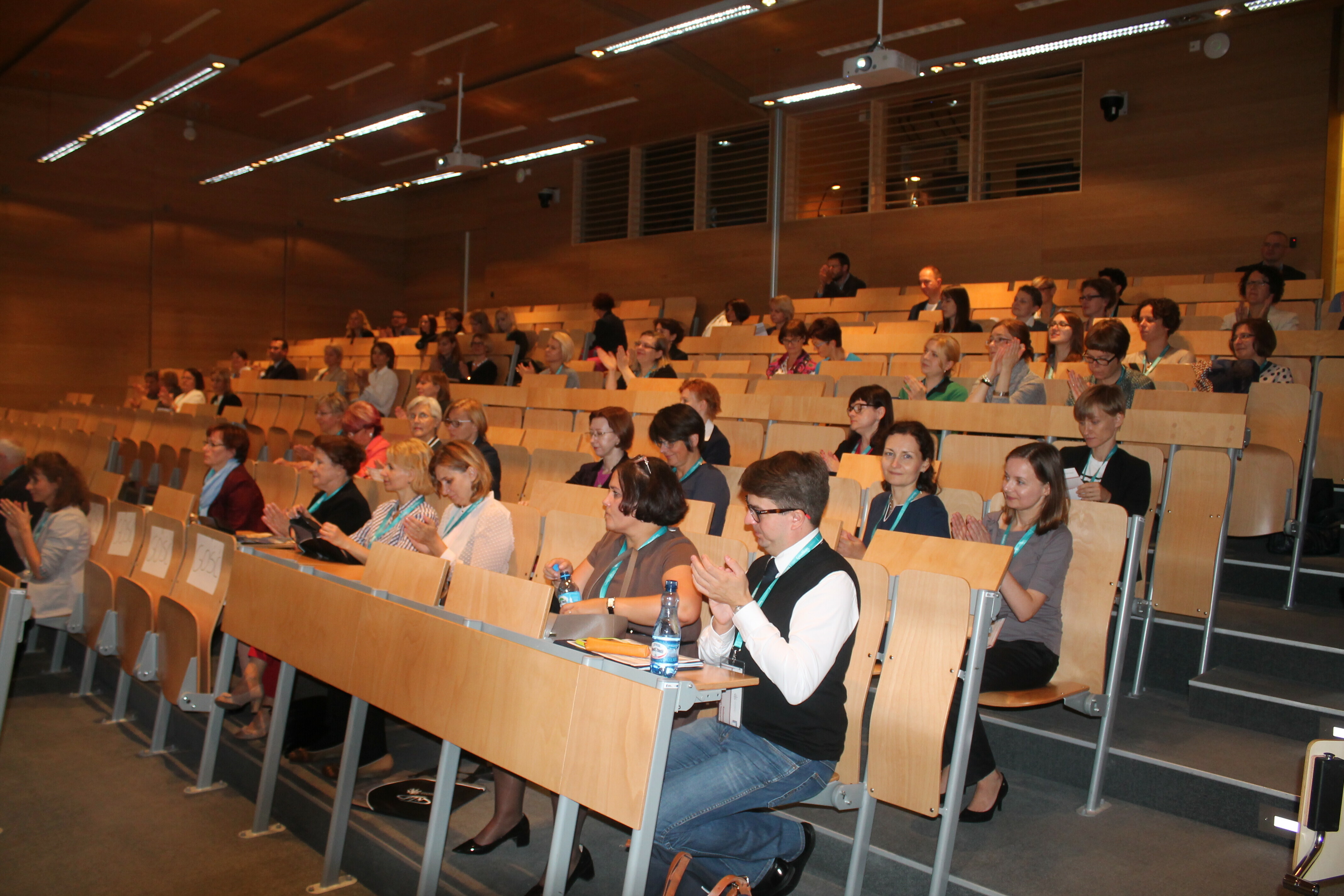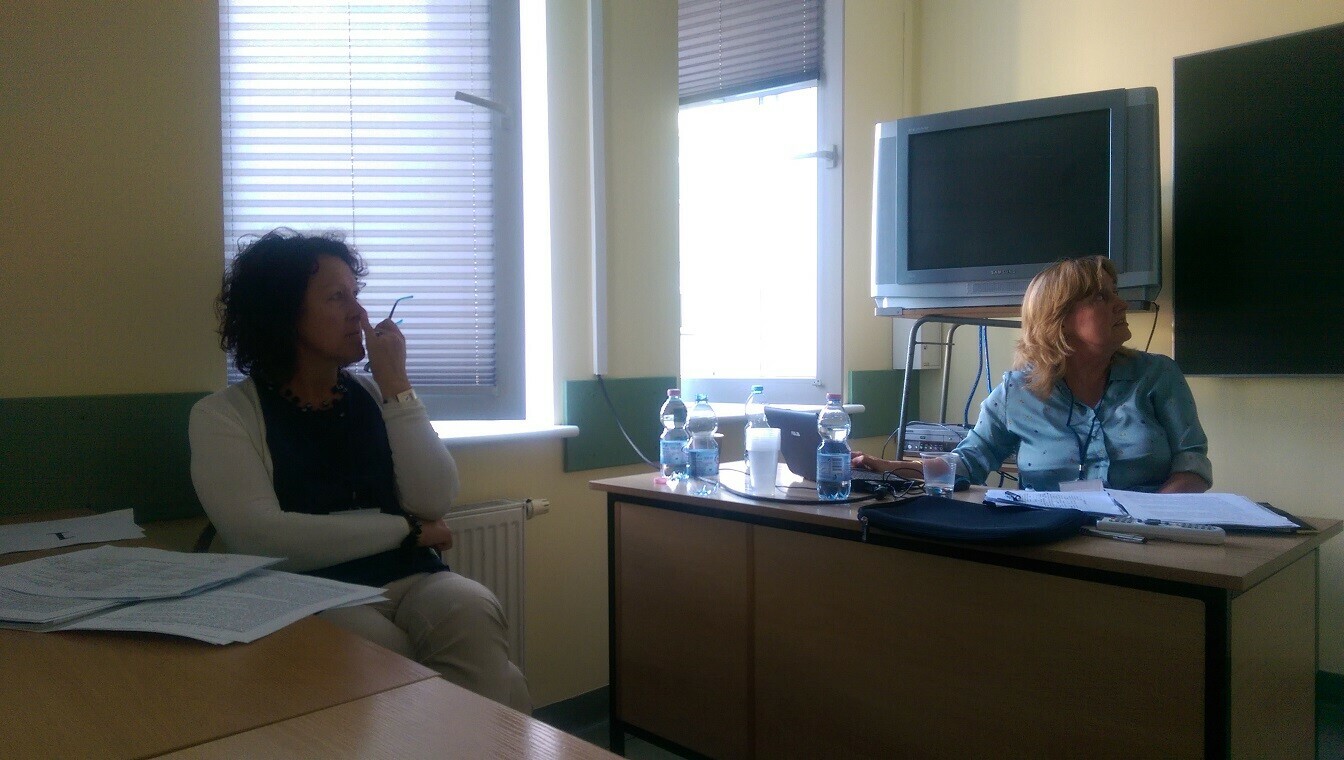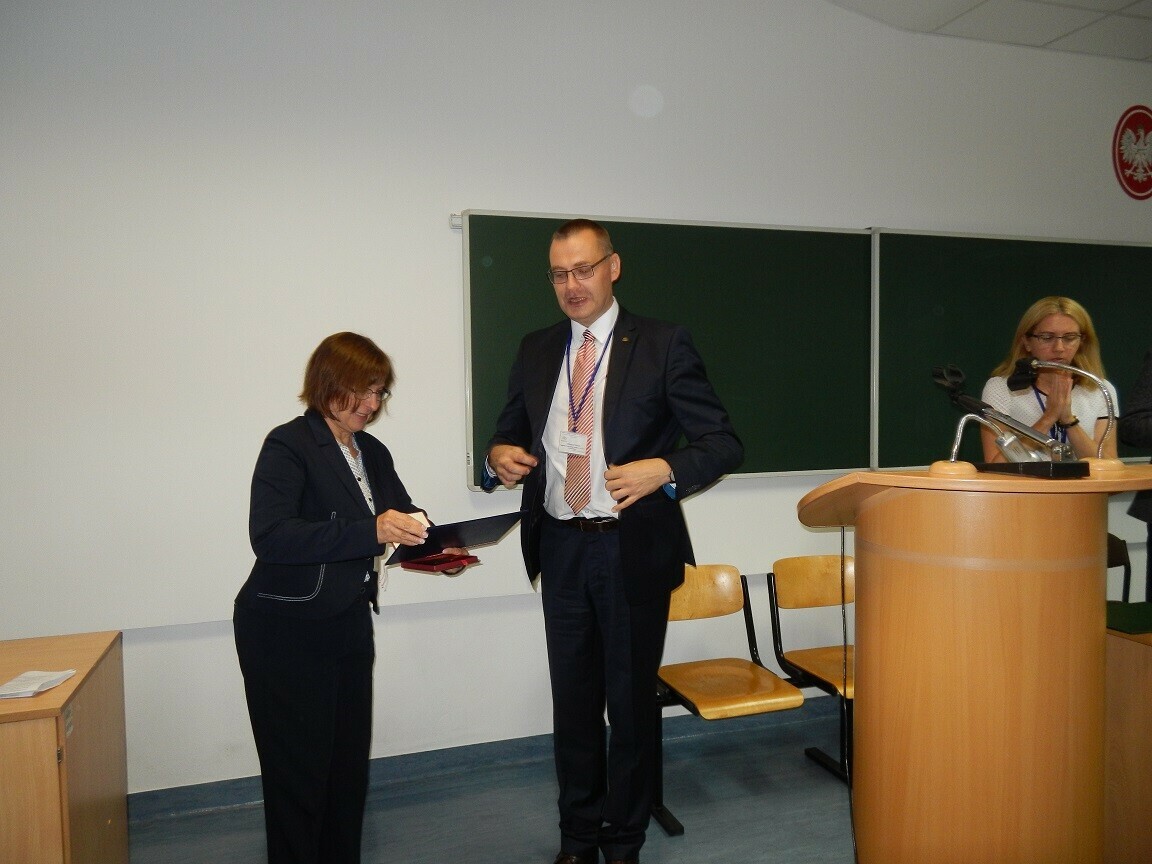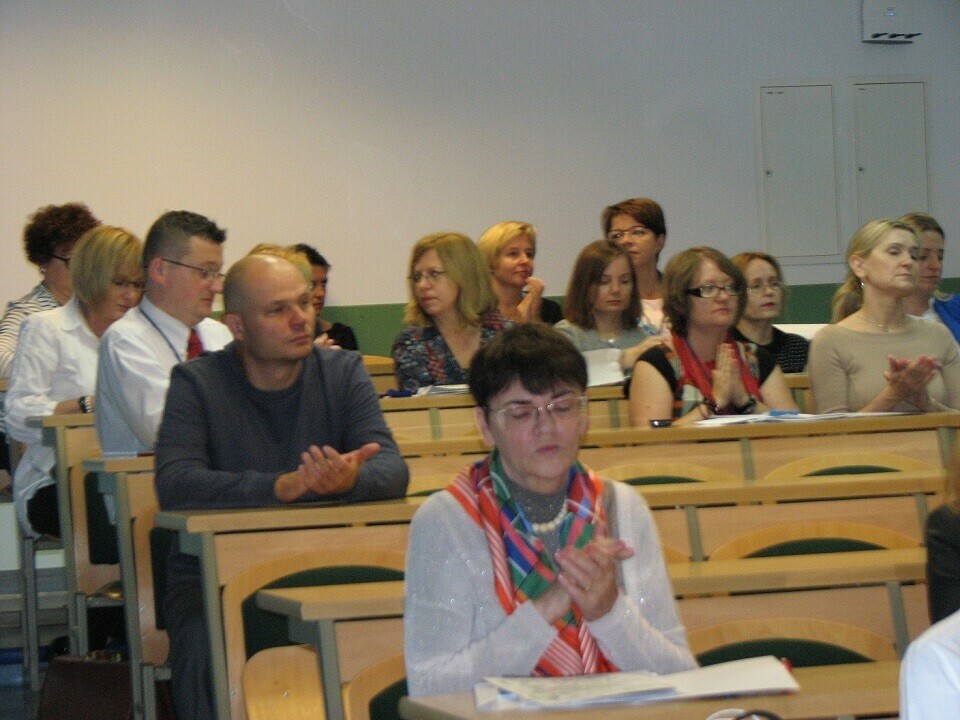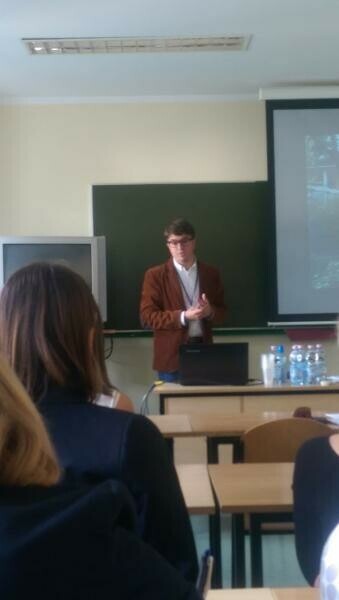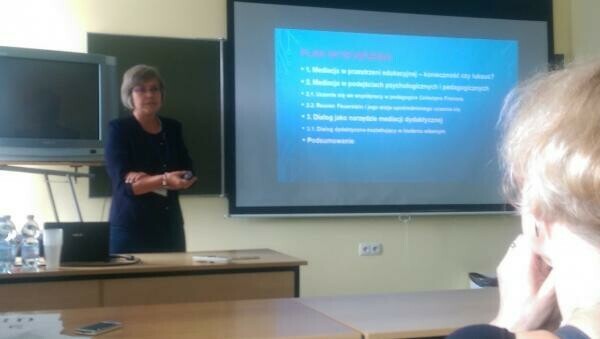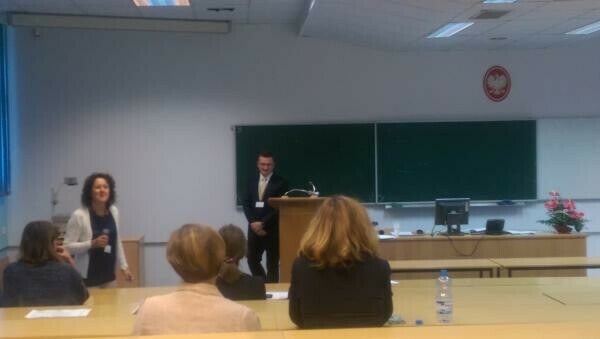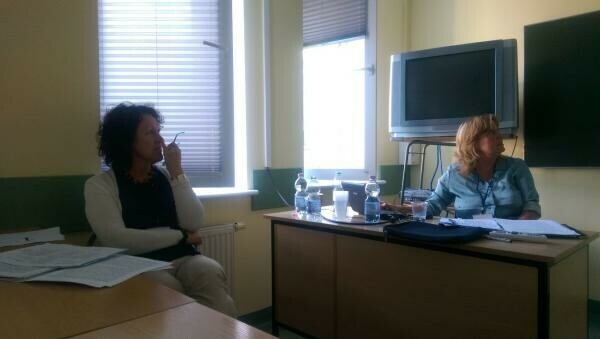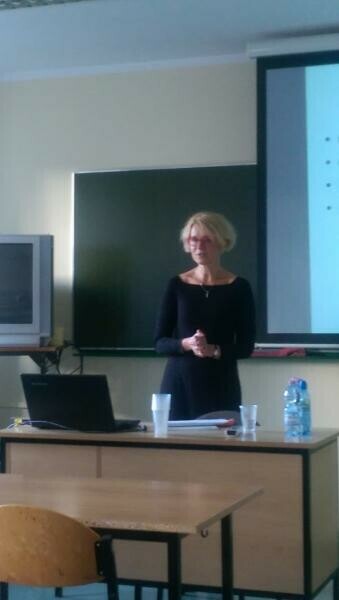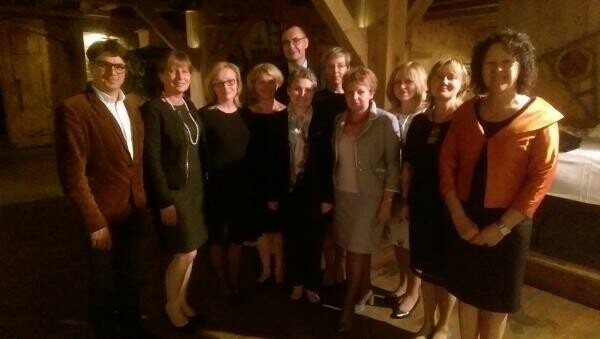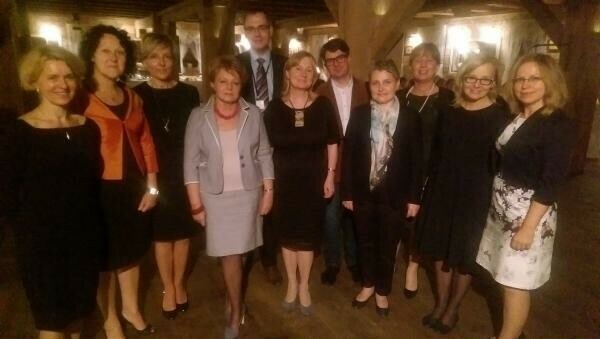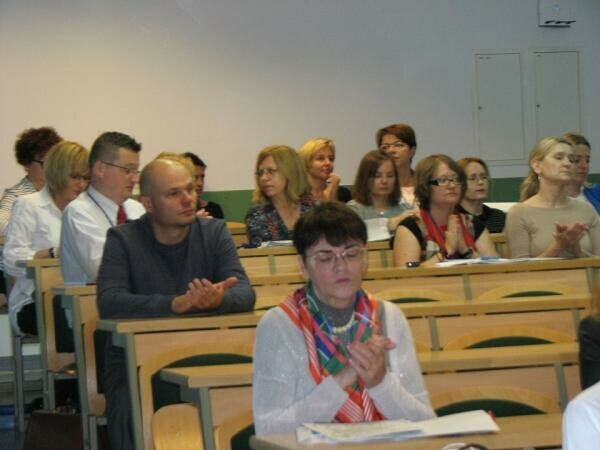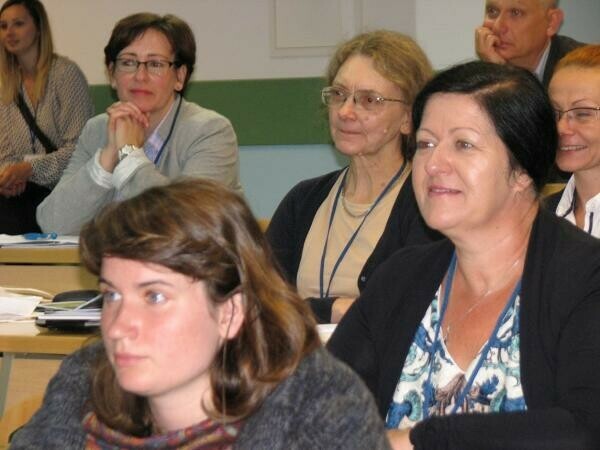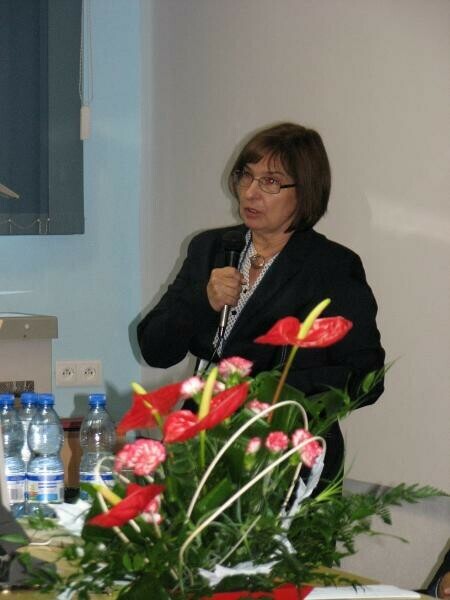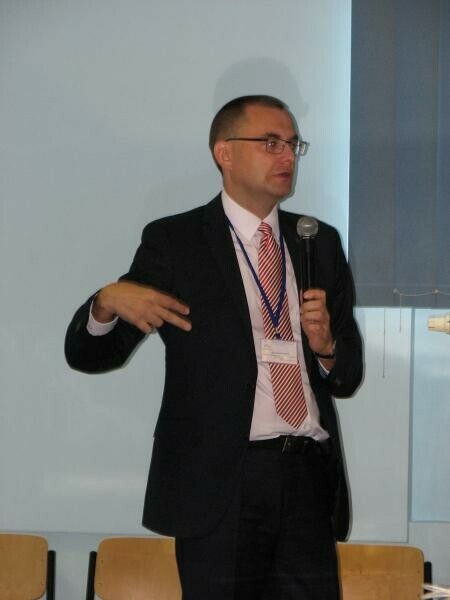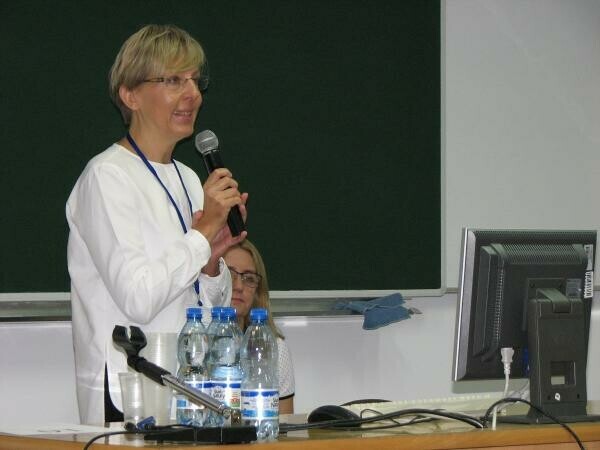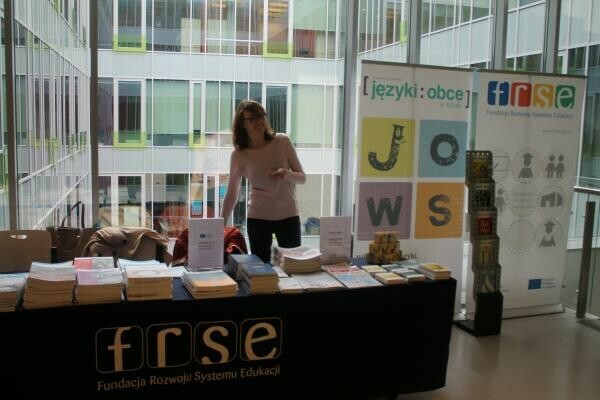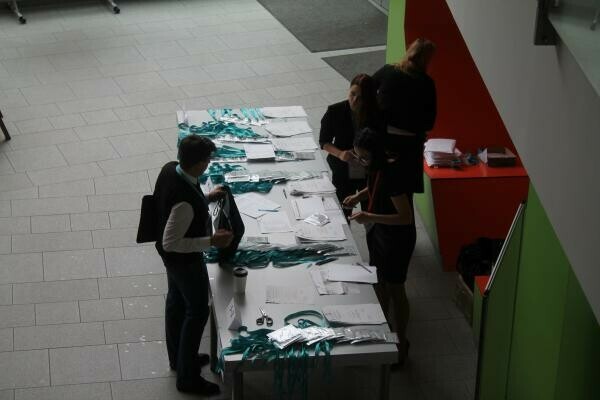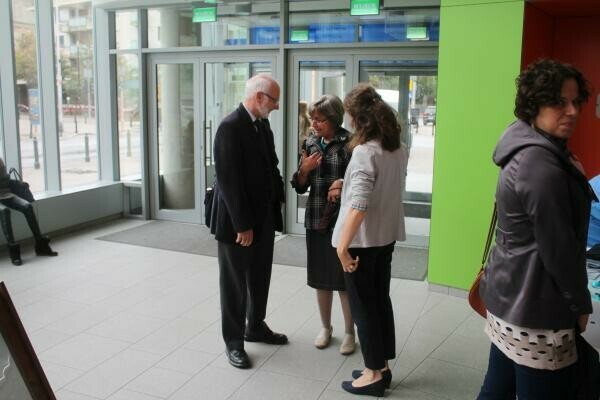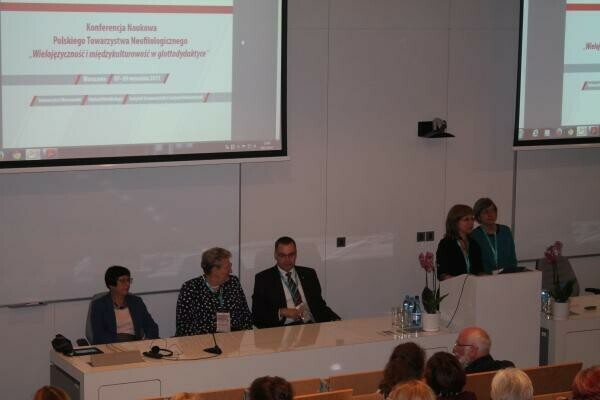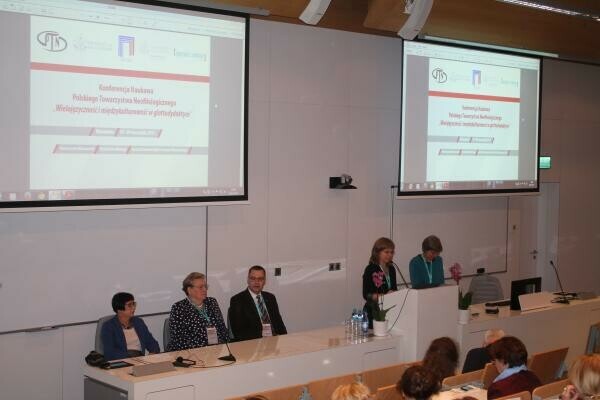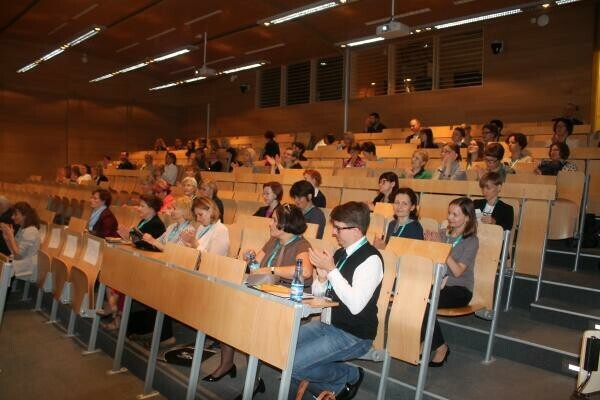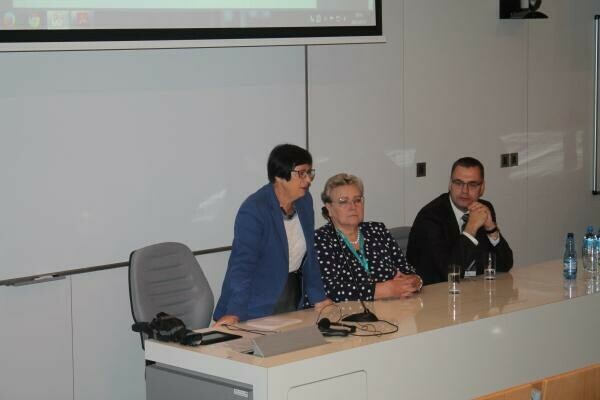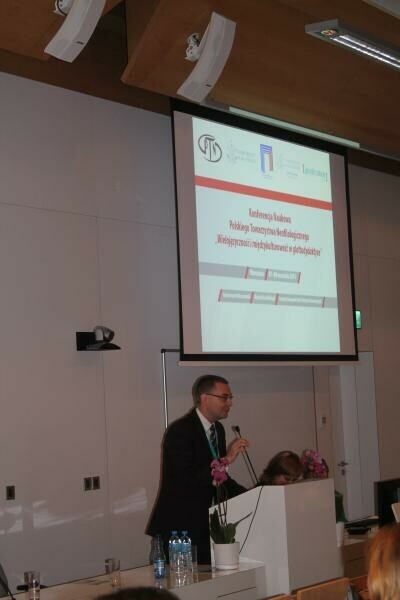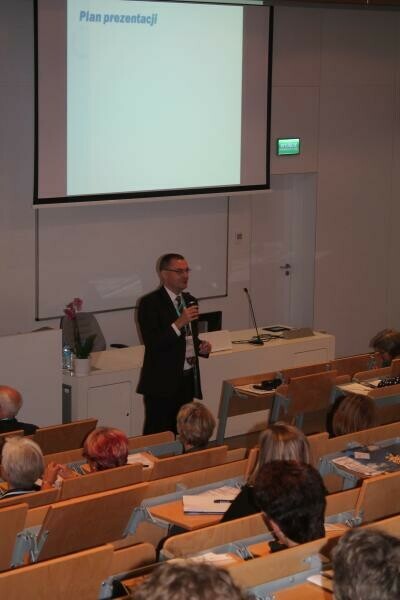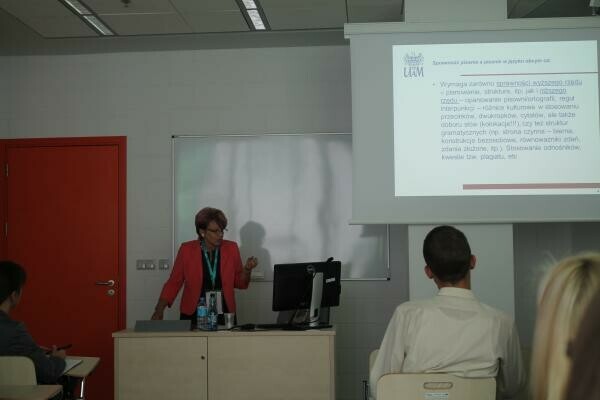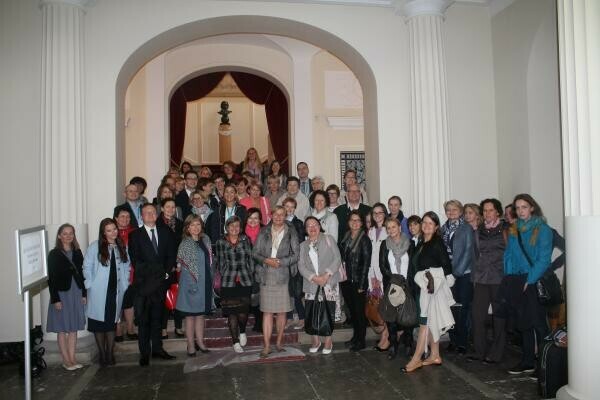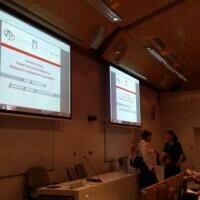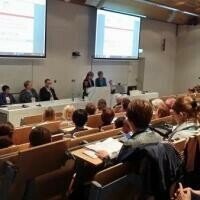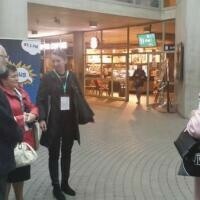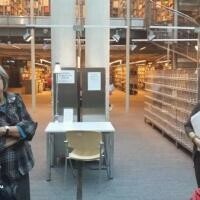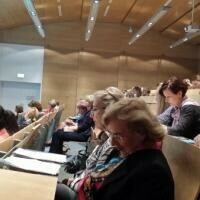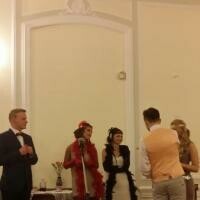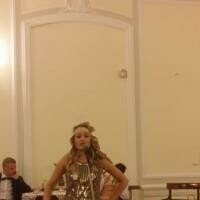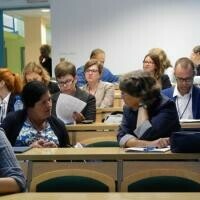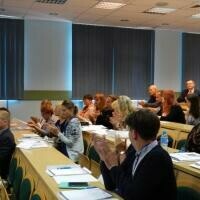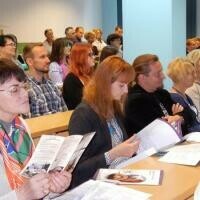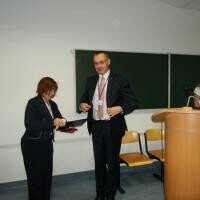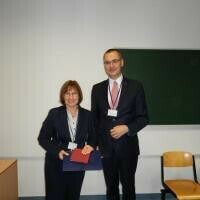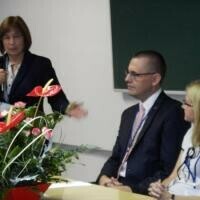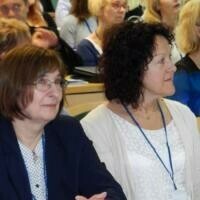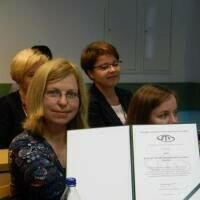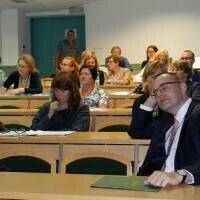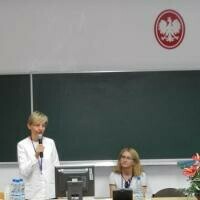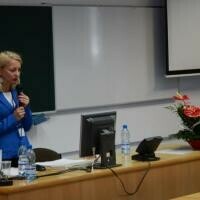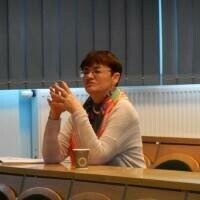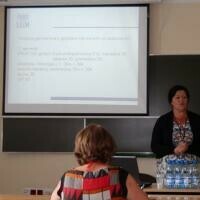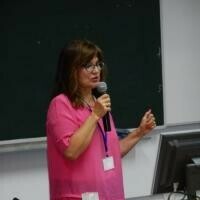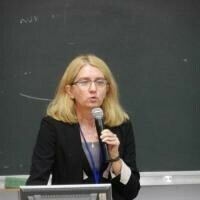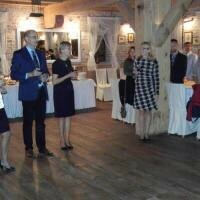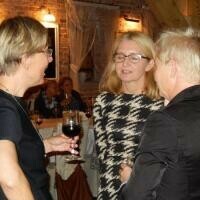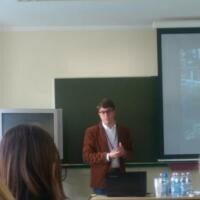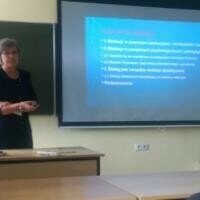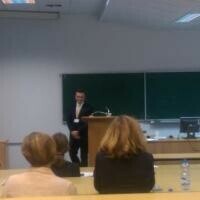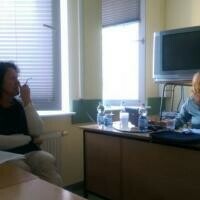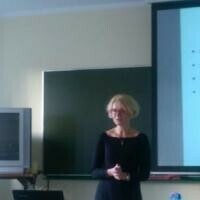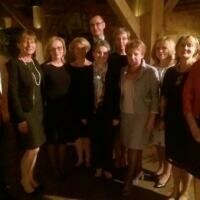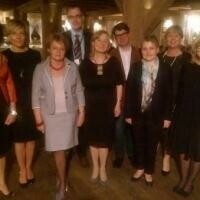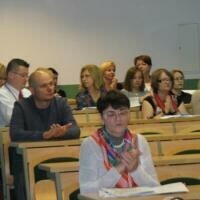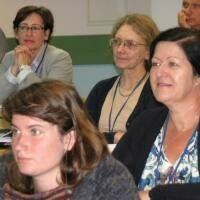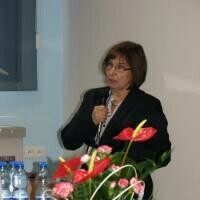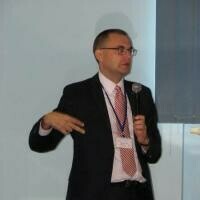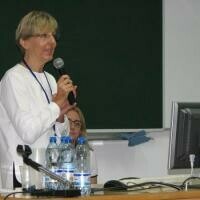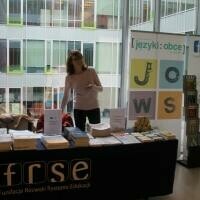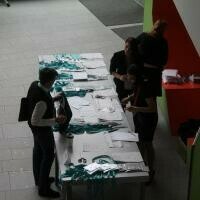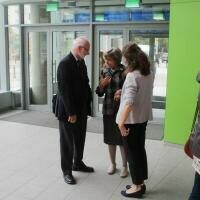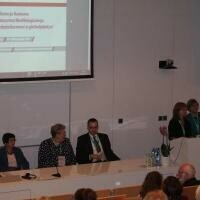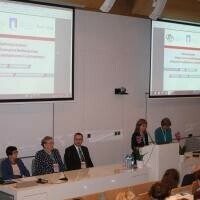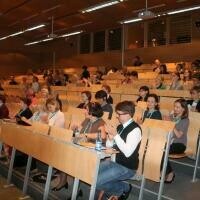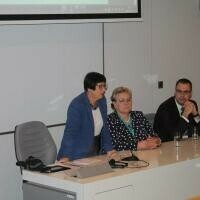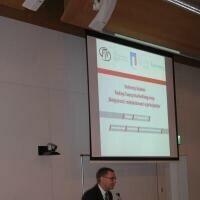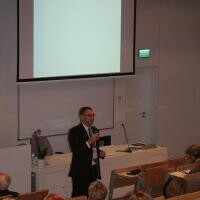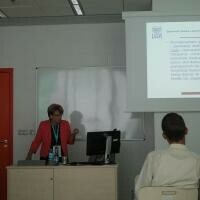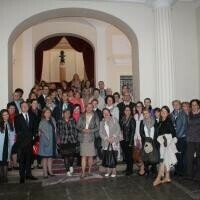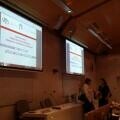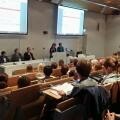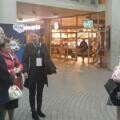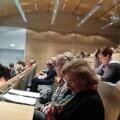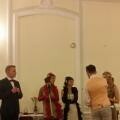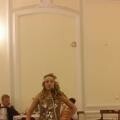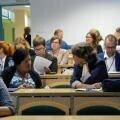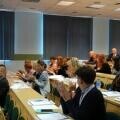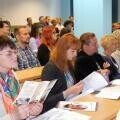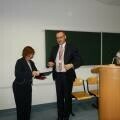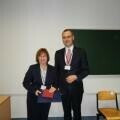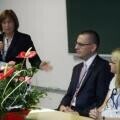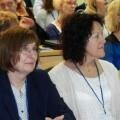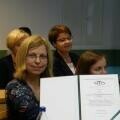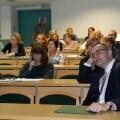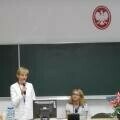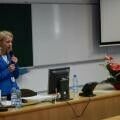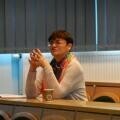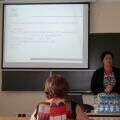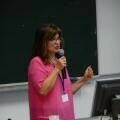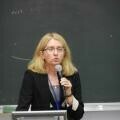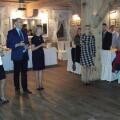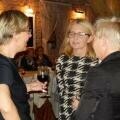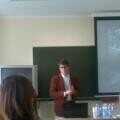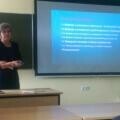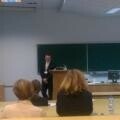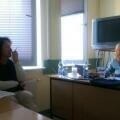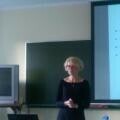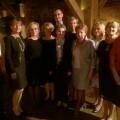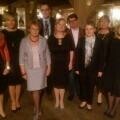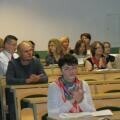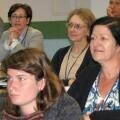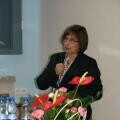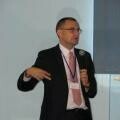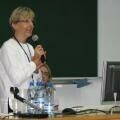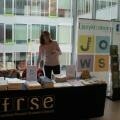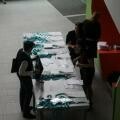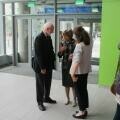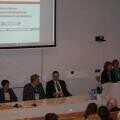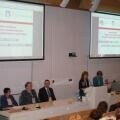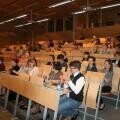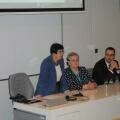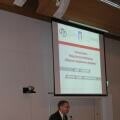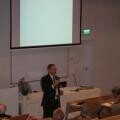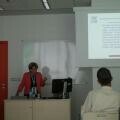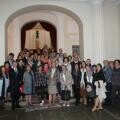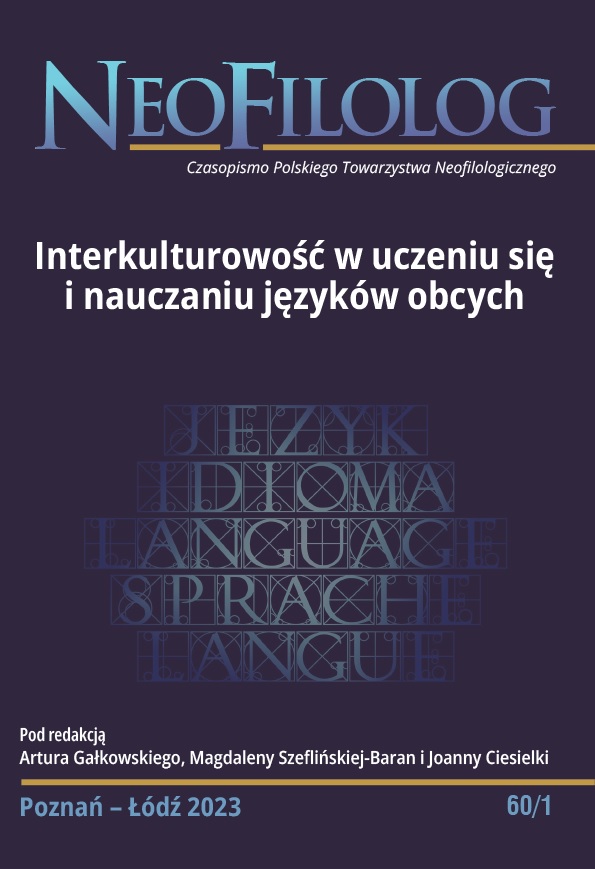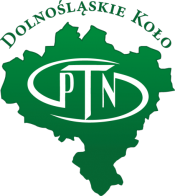Neofilolog nr 29 (2007)
Neofilolog nr 29 (2007)
Od redakcji:
29 numer Neofilologa, który trafia do Państwa rąk to ciąg dalszy pokłosia konferencji Polskiego Towarzystwa Neofilologicznego „Komunikacja językowa w społeczeństwie informacyjnym – nowe wyzwania dla dydaktyki języków obcych”, która odbyła się we wrześniu 2005 roku w Lublinie (sprawozdanie z konferencji zamieściliśmy w numerze 28).
Artykuły zebrane w tym numerze dotyczą psycholingwistycznych uwarunkowań uczenia się języków obcych oraz kompetencji uczenia się. Są to teksty Magdaleny Aleksandrzak na temat znaczenia wiedzy metakognitywnej i strategii metakognitywnych w kształtowaniu postaw autonomicznych oraz Jacka Rysiewicza o uzdolnieniach językowych.
Prezentowane dalej artykuły dotyczą wykorzystania przekładu w dydaktyce językowej (Anna Pięcińska, Janusz Sikorski). O zależności miedzy myślą, słowem i gestem pisze Edyta Mosorka. Kolejne artykuły mają charakter bardziej praktyczny i dotyczą sposobów samooceny (Hanna Jakielczyk), sprawności czytania (Liliana Piasecka), opanowania intonacji języka drugiego (Monika Zięba-Plebankiewicz), stosowania rodzajników (Magdalena Filar), Całość wieńczy artykuł na temat doskonalenia kompetencji nauczyciela (Danuta Gabryś-Barker). W tomie zawarliśmy także nadesłany tekst Izabeli Bawej na temat interpretacji rzeczywistości uwarunkowanej użyciem języka.
Mamy nadzieję, że ten nowy numer Neofilologa, o tak różnorodnej tematyce będzie dla naszych Czytelników interesującą lekturą.
Katarzyna Karpińska-Szaj
|
SPIS TREŚCI |
||
|
|
||
|
OD REDAKCJI |
5 | |
|
|
||
|
ARTYKUŁY |
||
|
|
||
|
Rola wiedzy metakogitywnej i strategii metakognitywnych w kształtowaniu autonomii uczących się - The role of metacognitive knowledge and metacognitive strategies in the process of developing learner autonomy - Magdalena Aleksandrzak |
6 | |
|
Uzdolnienia językowe - nieporozumienia a rzeczywistość badawcza - Foreign language aptitude - common misunderstandings versus research reality - Jacek Rysiewicz |
19 | |
|
Precyzja językowego opisu rzeczywistości - Precision of the linguistic description of the world - Izabela Bawej |
28 | |
|
Wykorzystanie metody przekładu intersemiotycznego w nauczaniu języka polskiego jako obcego - Using the method of the intersemiotic transformation in teaching Polish as a foreign language - Anna Pięcińska |
37 | |
|
Rola wiedzy metakogitywnej i strategii metakognitywnych w kształtowaniu autonomii uczących się - Concentration and splitting of the attention (Some didactic postulates) Janusz Sikorski |
43 | |
|
Myślę, więc mówię, gestykuluję, więc myślę! O zależności między myślą, słowem i gestem w kształtowaniu kompetencji komunikacyjnej - I think therefore I speak , I gesticulate therefore I think! The relationship between thoughts, words and gestures in developing communicative competence- Edyta Mosorka |
53 | |
|
Wdrażanie do autoewaluacji komunikacji ustnej- Development of auto-evaluation in oral communication - Hanna Jakielczyk |
59 | |
|
Komputer – przyjaciel czy zdrajca? (w świetle sprawności czytania) - Computer - a friend or a traitor ? (in the light of reading literacy) - Liliana Piasecka |
67 | |
|
Czy można w pełni opanować intonację języka drugiego? - Can the intonation of the second language be fully acquired? - Monika Zięba-Plebankiewicz |
74 | |
|
Czy można zapobiegać błędom w stosowaniu rodzajnika? - Is it possible to prevent errors in the use of articles?- Magdalena Filar |
84 | |
|
Nauczyciele (jeszcze) nieprofesjonalni: diagnoza problemów (badania kwestionariuszowe) - Novice and unqualified teachers of English: a diagnostic study of problem areas (a questionnaire) - Danuta Gabryś-Barker |
92 | |
|
|
||
|
KOMUNIKAT |
104 |
Streszczenia:
Magdalena Aleksandrzak
The role of metacognitive knowledge and metacognitive strategies in the process of developing learner autonomy
The article aims at defining the role of metacognitive knowledge in the context of developing learner autonomy. The first part of the article focuses on different definitions and classifications of metacognitive knowledge and its importance in individual learning. The next part concentrates on metacognitive strategies and the functions they perform in the process of stimulating learner independence and autonomy.
Finally, the article presents the results of the action research project conducted with a group of advanced learners of English. The aim of the research was to investigate the subjects’ metacognitive awareness, the type and character of metacognitive strategies used and their usefulness in deciding about individual goals in learning.
Jacek Rysiewicz
Foreign language aptitude – common misunderstandings versus research reality
The article discusses briefly the history of research on foreign language (FL) aptitude in the context of the revival of interest in this aspect of individual learner differences in Poland. Possible reasons for the absence of FL aptitude from research agendas in Poland are suggested and, finally, some myths and misunderstandings surrounding the concept and its role in FL learning are discussed.
Izabela Bawej
Precision of the linguistic description of the world
This article describes on the grounds of many examples that the classification of the word and its precision depends on the culture in which we live. Every language comprises characteristic words and expressions that have a definite meaning referring to the life and specific features of every community. They are a part of the culture and become a kind of bridge that makes understanding the foreign culture possible. We view our world in connection with our ways of life, mentality, tradition, habits, history, religion, politics or natural environment. Therefore every speech community has own system of the interpretation of the world’s elements. The process of foreign language learning is a kind of encounter with the foreign culture which has to be mastered systematically to understand other ways of linguistic behavior.
Anna Pięcińska
Using the method of the intersemiotic transformation in teaching Polish as a foreign language
In this article the positives and negatives of the method of the intersemiotic transformation are presented. The method is shown as one of the ways of teaching – and learning – Polish in the connection with the relationships to the culture. It is widely known that when teaching we should join the intellectual research with some emotional strategies letting our pupils express themselves. This method allows them to contact with the masterpieces of art, next – to show their feelings and finally to transform them into words. The schema used by me consists of the following elements: firstly listening to the music; secondly drawing a picture showing the emotions they have felt when listening; thirdly giving the names to the emotions; next – connecting them with the names of the colors, finally – getting familiar with new idioms with the names of colors. When describing the reality through different kinds of signs and awakening the emotions we can cause that our pupils would learn more effectively and in the same time we let them feel relaxed, build better and closer relationship between a teacher and the group taught and underline the fact that a language does not exist in the isolation from the culture but is really the integral part of it. We can also discover the differences between cultures witch can motivate our pupils to take up some cross-culture observations and research.
Janusz Sikorski
Concentration and splitting of the attention (Some didactic postulates)
The paper deals with the problem of the reception of the act of oral speech as a proficiency. Based on the conclusions of the previous theoretical approach (2005) on the perceptual potential during simultaneous interpreting, the author presents a special set of exercises as an integrated programme for increasing the individual attention spectrum and the strategy of sharing it among many tasks which are to be managed at the interpreting process. The recommended solutions are justified by linguistic and situational demands under real interpretation conditions and also by psycholinguistic reasons.
Edyta Mosorka
I think therefore I speak , I gesticulate therefore I think! The relationship between thoughts, words and gestures in developing communicative competence
The article is an attempt to define the role of gestures in developing communicative competence. The special focus is on the mutual relationship between speech, thought and gesture, which constitute the foundation of the communication process. Referring to the common belief that language is the means of culture, I will analyze the process of construing thoughts and concepts as dependant on the language and culture, in which an individual develops his or her personal communicative competence.
Hanna Jakielczyk
Development of auto-evaluation in oral communication
In this article we would like to share some reflections about the auto-evaluation approach and his role in students’ interactions. For the task of auto-evaluation we propose to use the camera. The article presents the results of our own pilot project whose objective was to develop the advanced students’ competence in non formal discussion.
Liliana Piasecka
Computer – a friend or a traitor ? (in the light of reading literacy)
Computers – almost omnipresent in the contemporary world – provide access to various sources of information, human communication and entertainment. Their impact on the behaviour and development of young people cannot be ignored. The paper addresses a number of questions related to the role of the computer in the life of the young, eg., Has the computer replaced traditional leisure activities? How do young people use this valuable tool? Does the electronic text develop reading abilities? On the basis of data collected in the last grades of Junior High Schools it may be said that the learners who use the Internet satisfy their educational needs as well as their own interests. Moreover, the learners who look for information in the Internet show high levels of reading ability both in their L1 (Polish) and in L2 (English).
Monika Zięba-Plebankiewicz
Can the intonation of the second language be fully acquired?
The article concerns the acquisition of English by Polish advanced students whose utterances are analysed in terms of the types of intonational contours used and compared against native English speakers' performance. The results reveal that Polish subjects have problems with applying complex tones, which are mostly absent or less frequent in Polish, though most grammatical uses of English intonation have been acquired succesfully.
Magdalena Filar
Is it possible to prevent errors in the use of articles?
The use of German articles is a source of many linguistic mistakes for Polish students at any level of proficiency. The analysis presented in this paper focuses mainly on those incorrect uses of the definite, indefinite and zero article which distort the meaning of the message and may lead to disturbance in the process of linguistic communication.
It is the main point of the paper, therefore, to look at the article and the category of in/definiteness it expresses from the perspective of cognitive linguistics. Based on the principles of cognitive linguistics as formulated by Langacker (1995, 2005), the author defines the category of in/definiteness in terms of Langacker’s viewing metaphor, and attempts to describe and explain the functioning of the less frequent uses of articles in German.
Danuta Gabryś-Barker
Novice and unqualified teachers of English: a diagnostic study of problem areas (a questionnaire)
The article describes two groups of not fully qualified teachers (group 1- novice teachers and group 2- unqualified teachers) on the basis of a questionnaire conducted with these two groups of subjects. The questionnaire’s objectives are twofold. First of all, it is to presents teachers’ perceptions of themselves and to identify the areas of qualification that need further training. Secondly, it is to make the subjects self-reflect on their professional knowledge and abilities. The concluding part of the article offers some recommendations for changes in training programmes for teachers of English.

